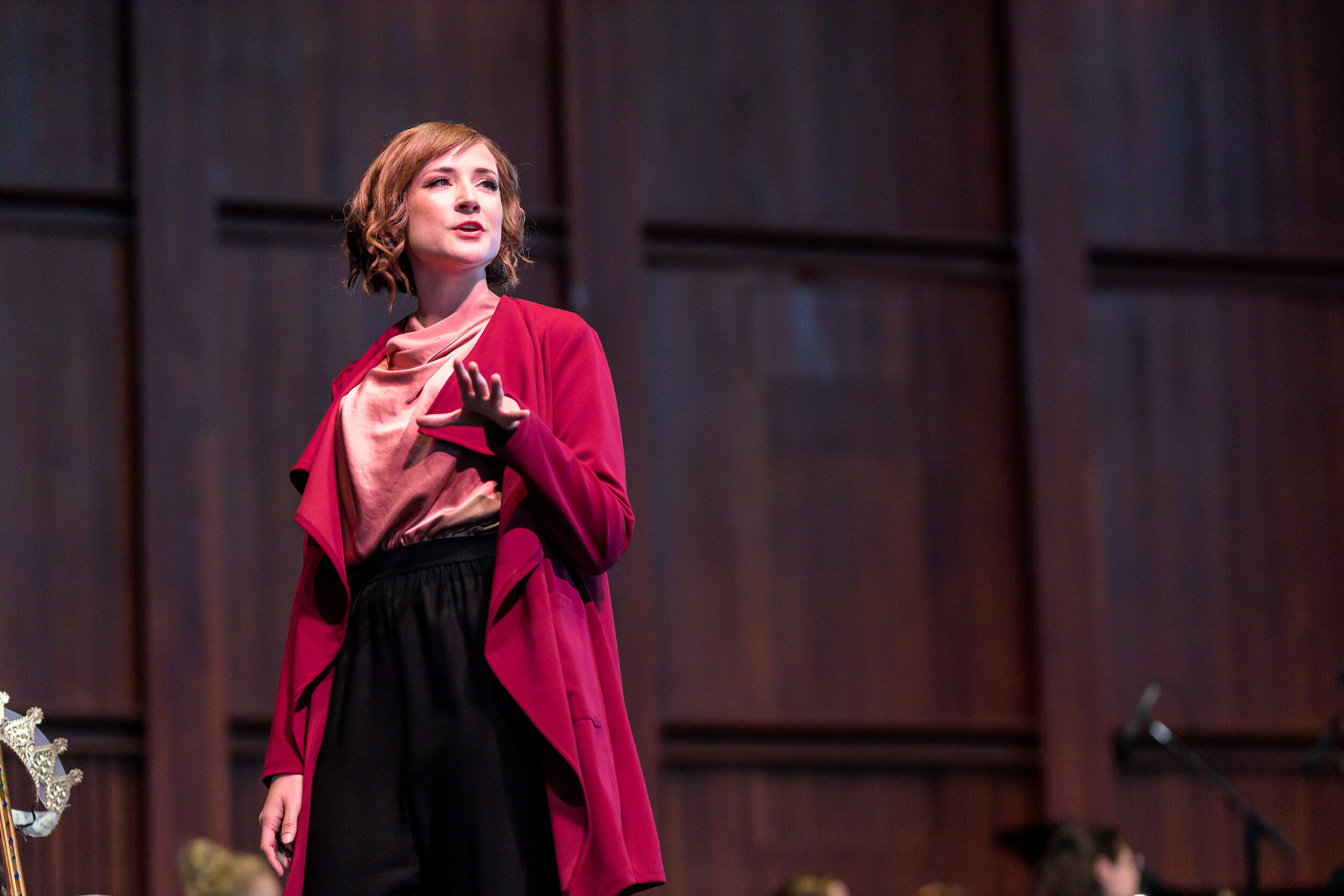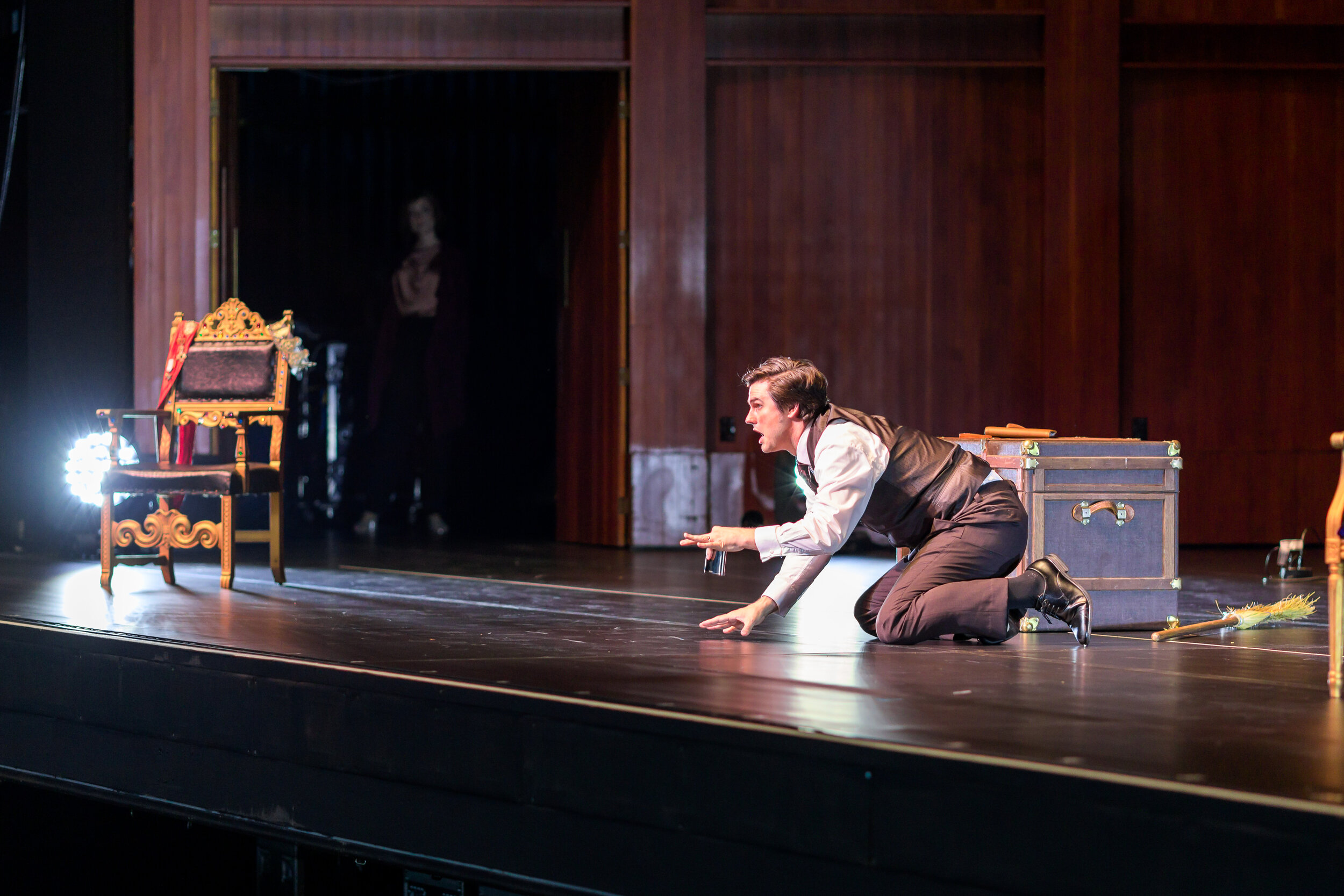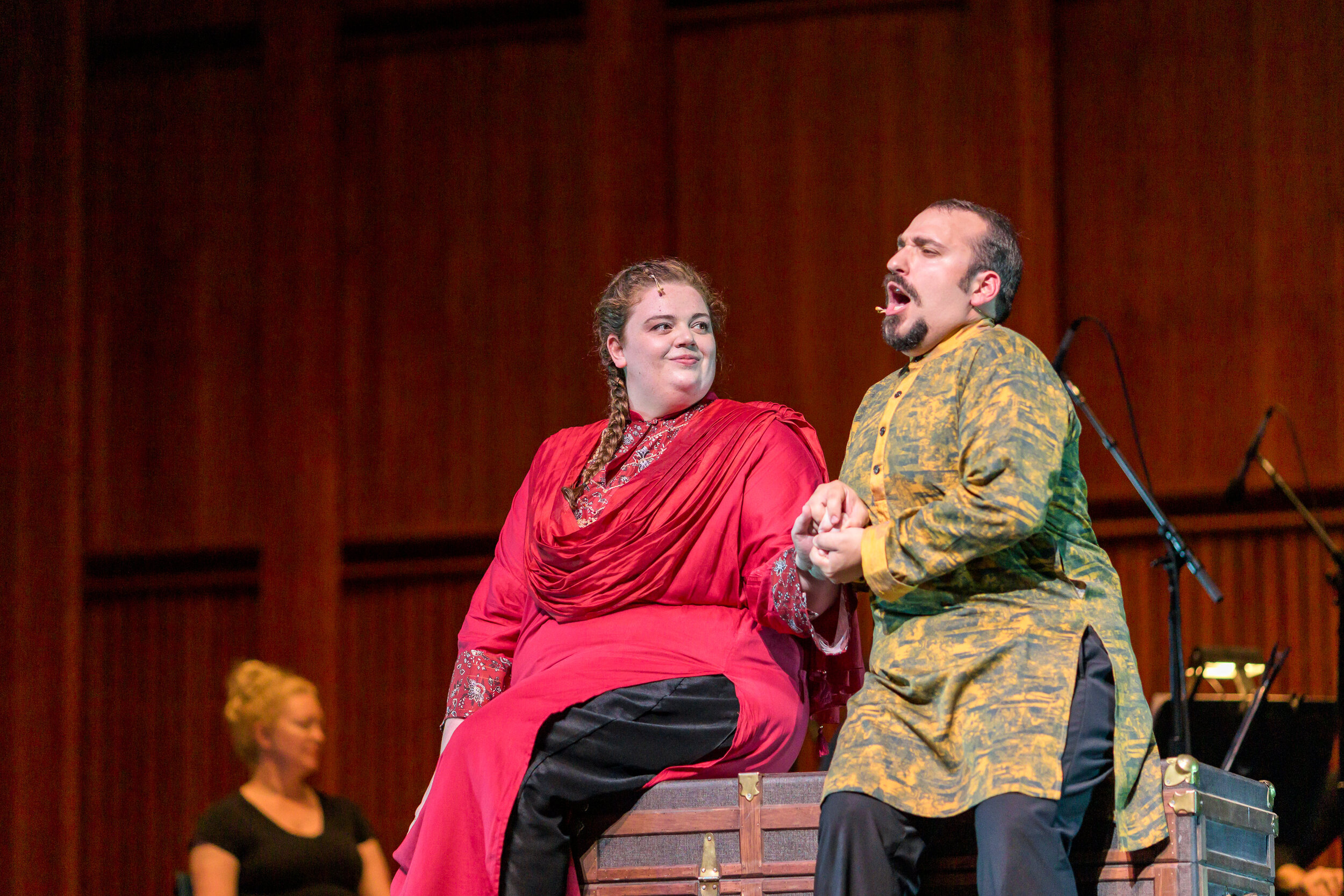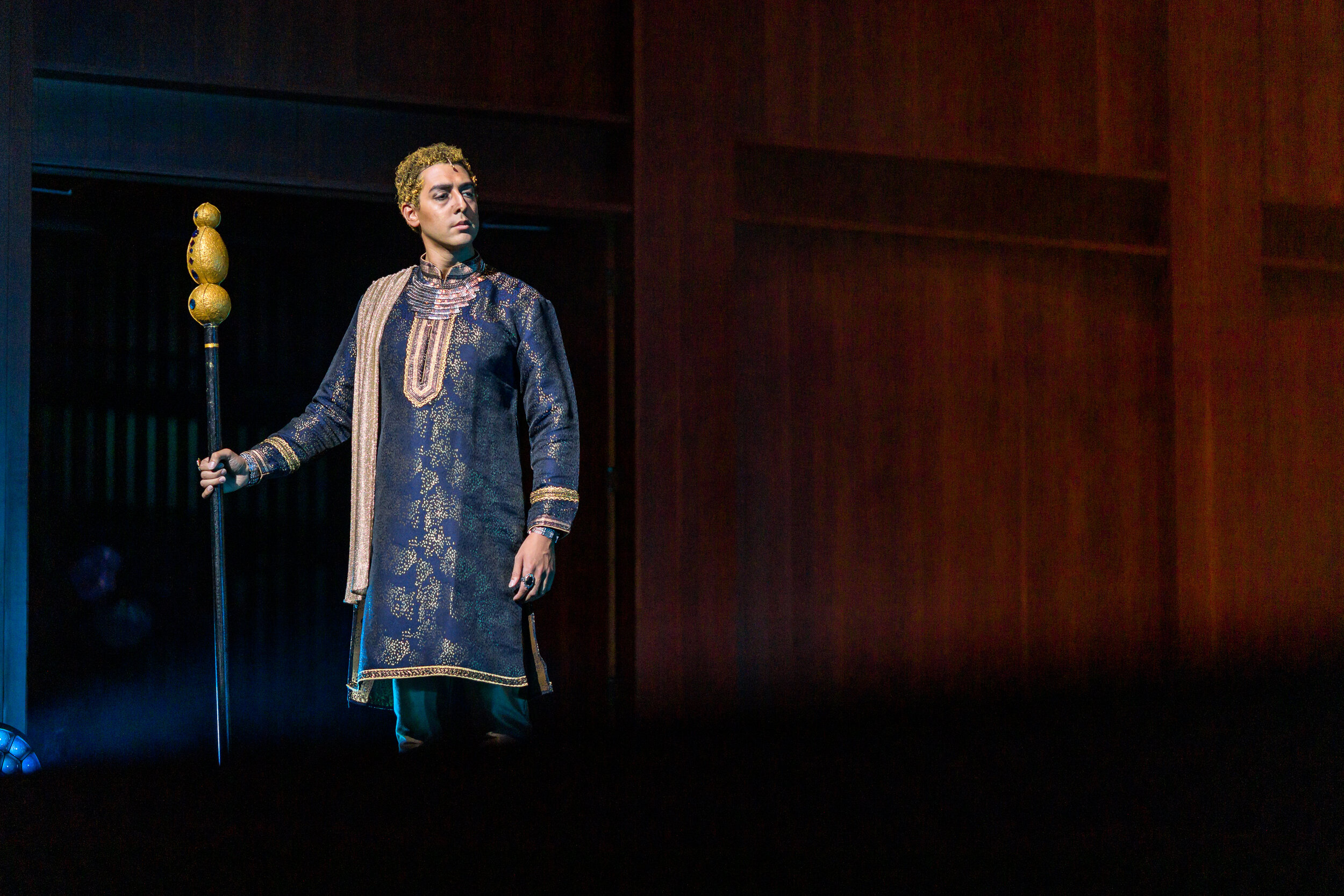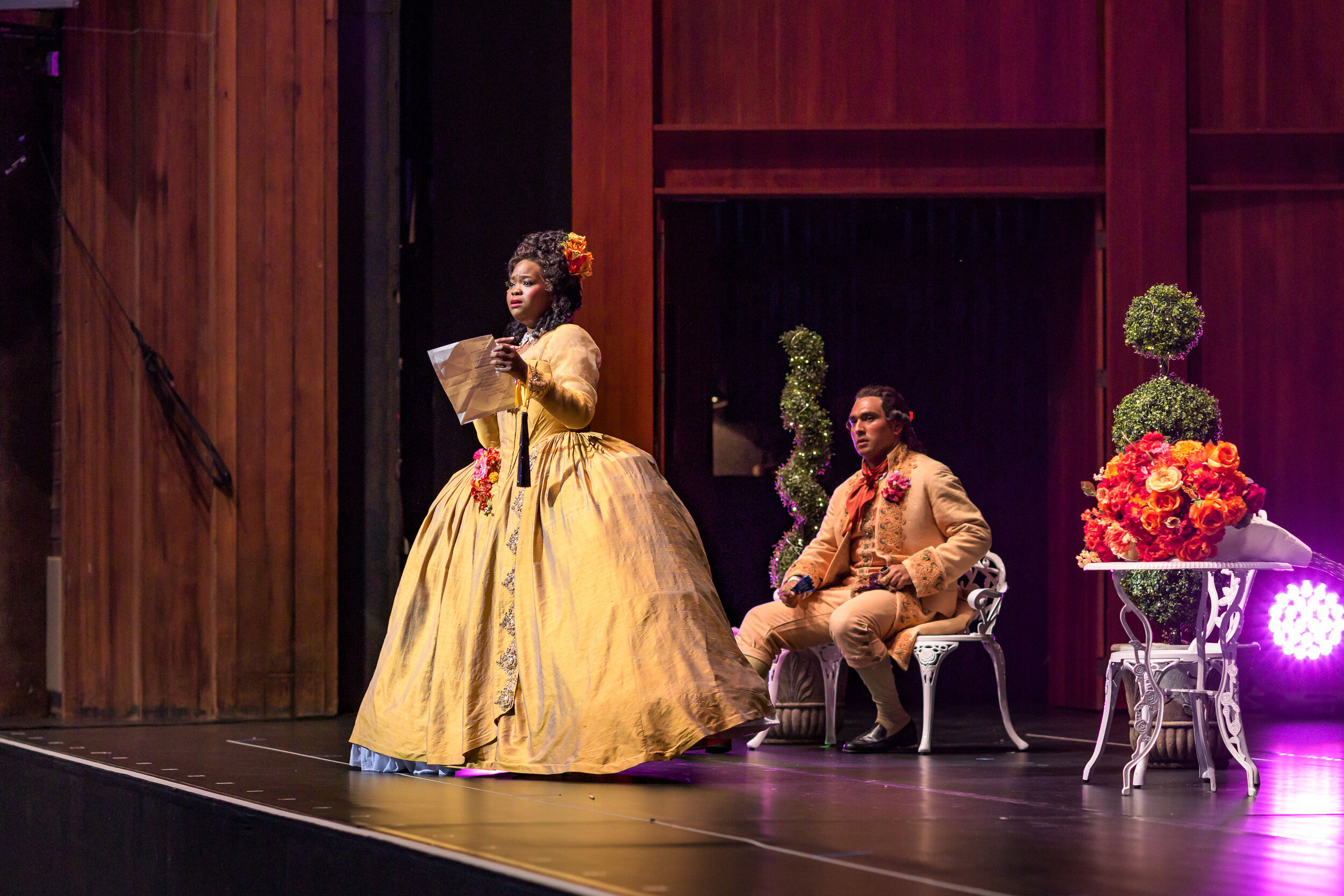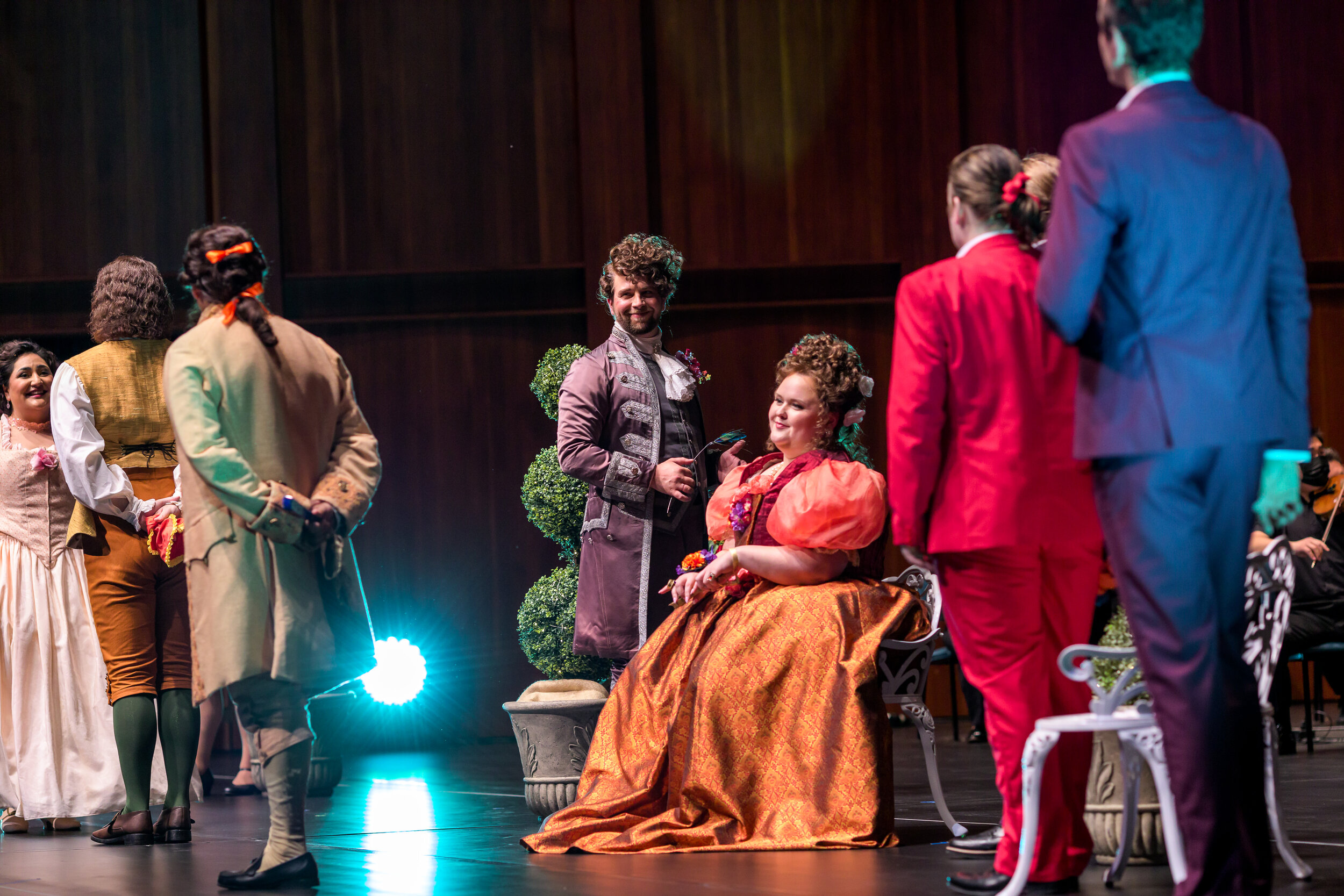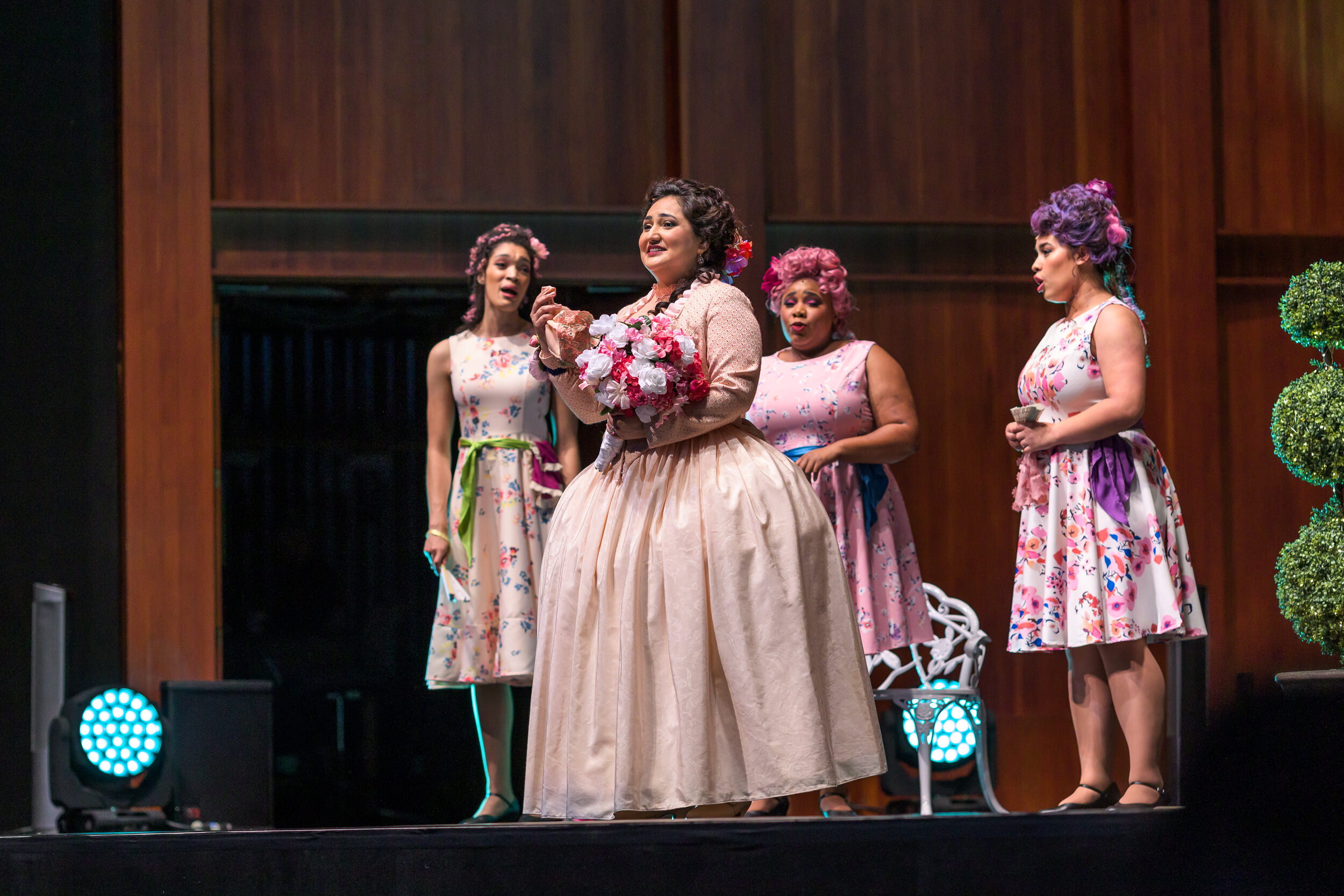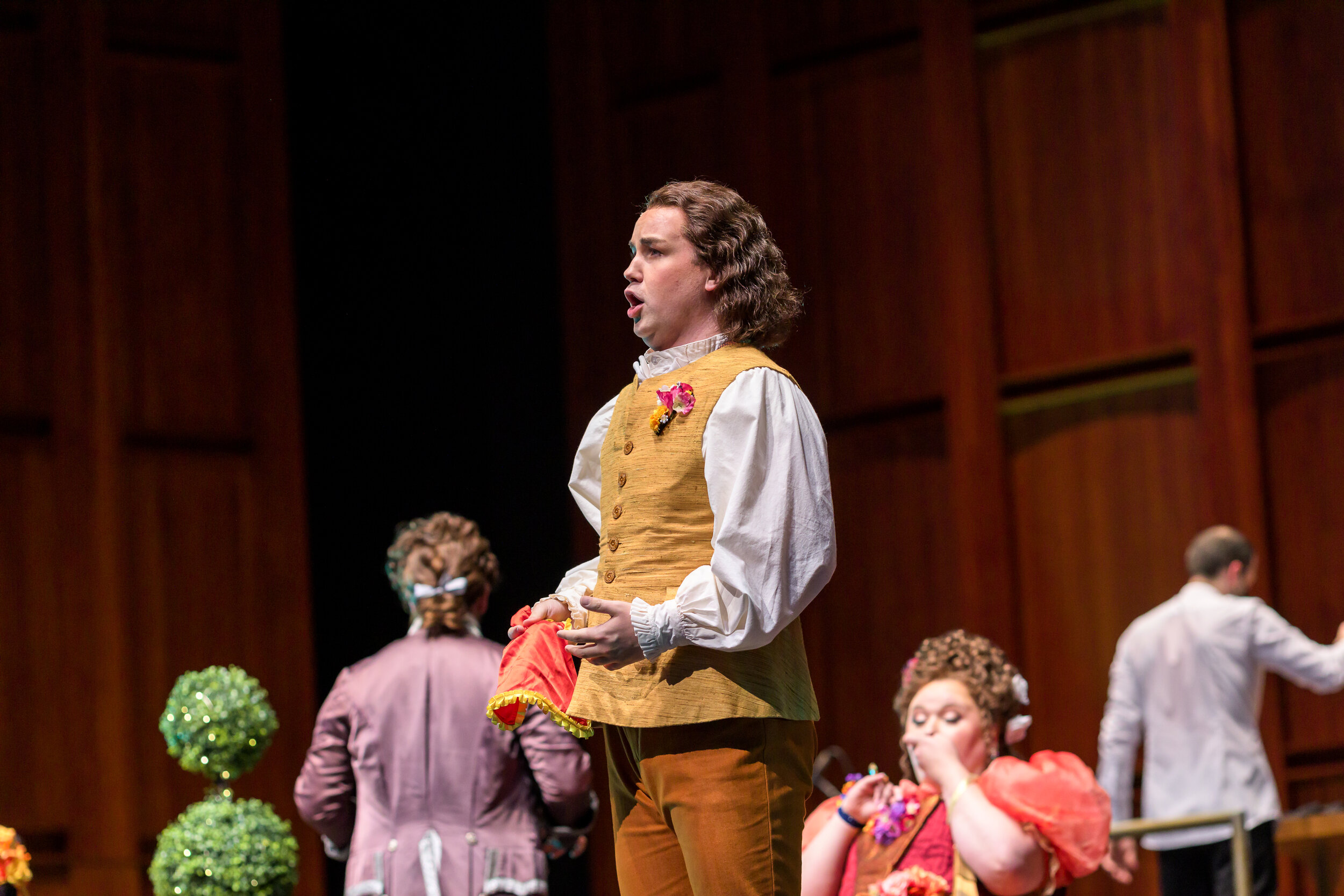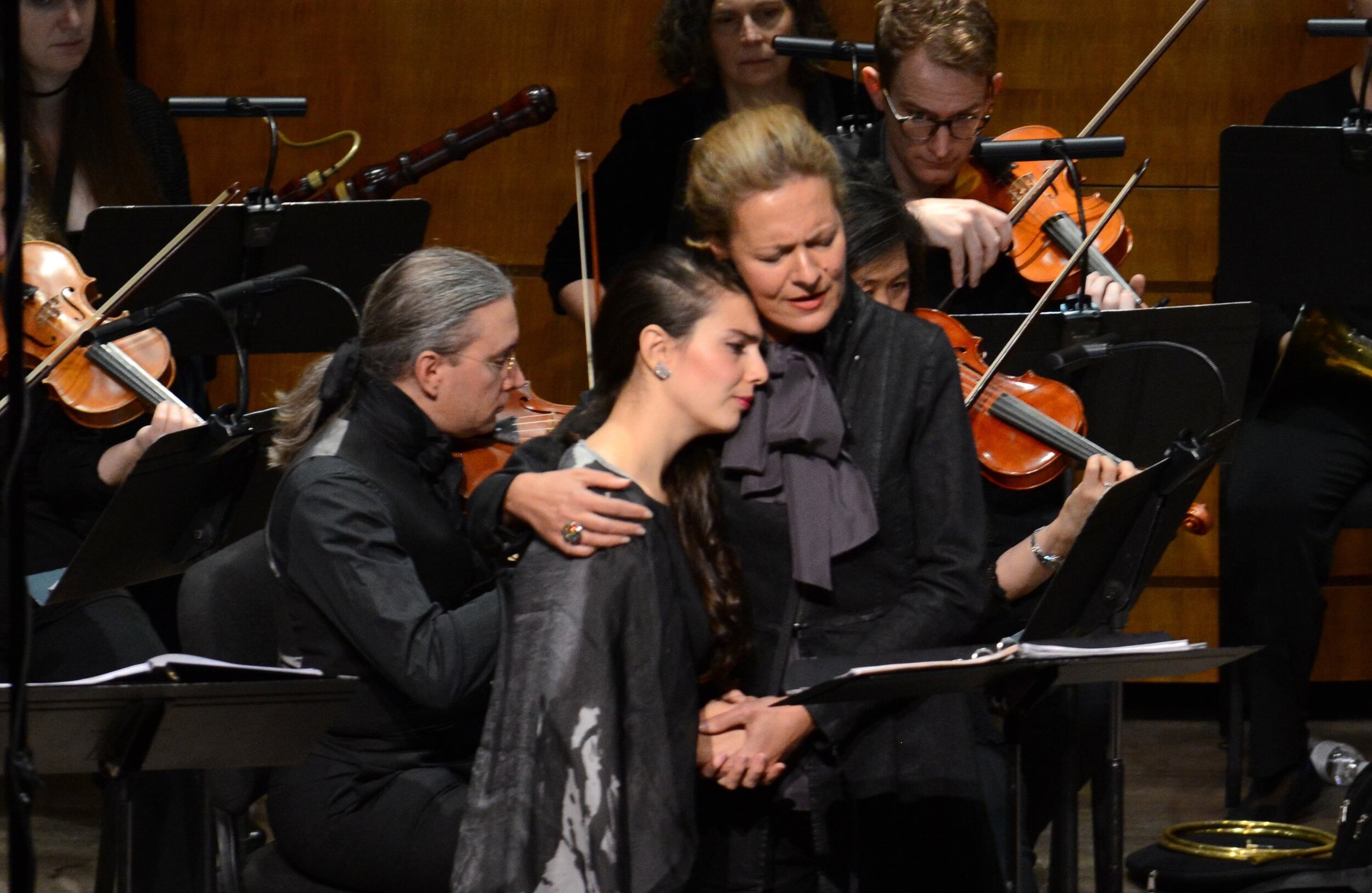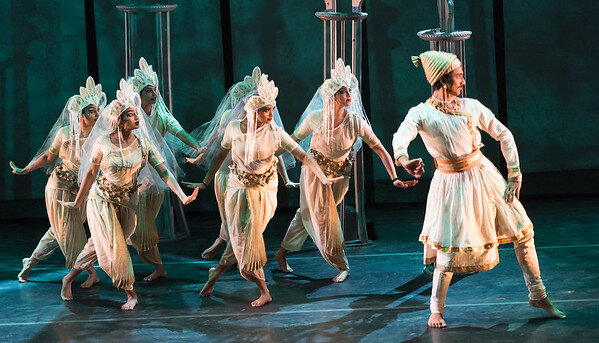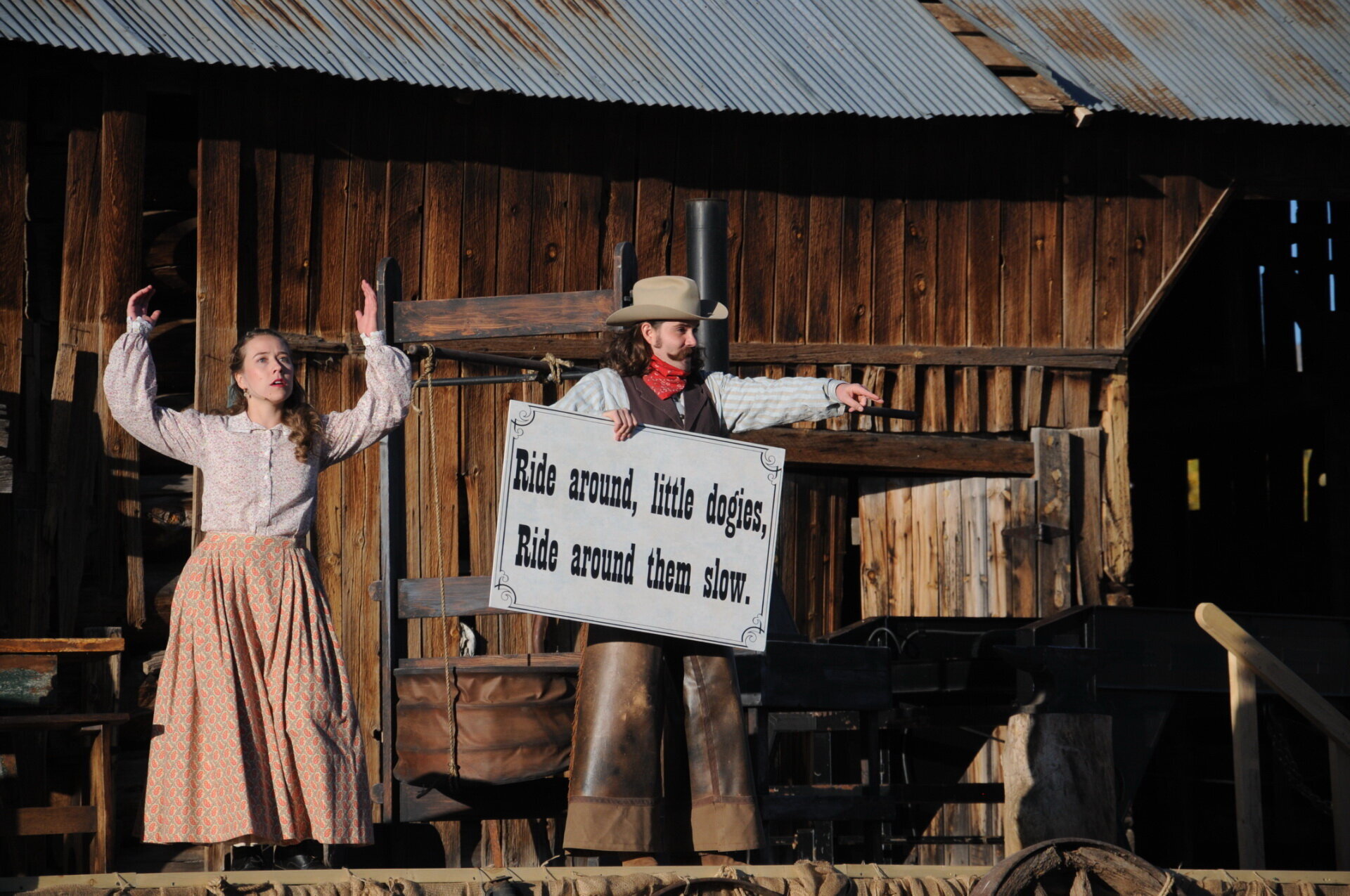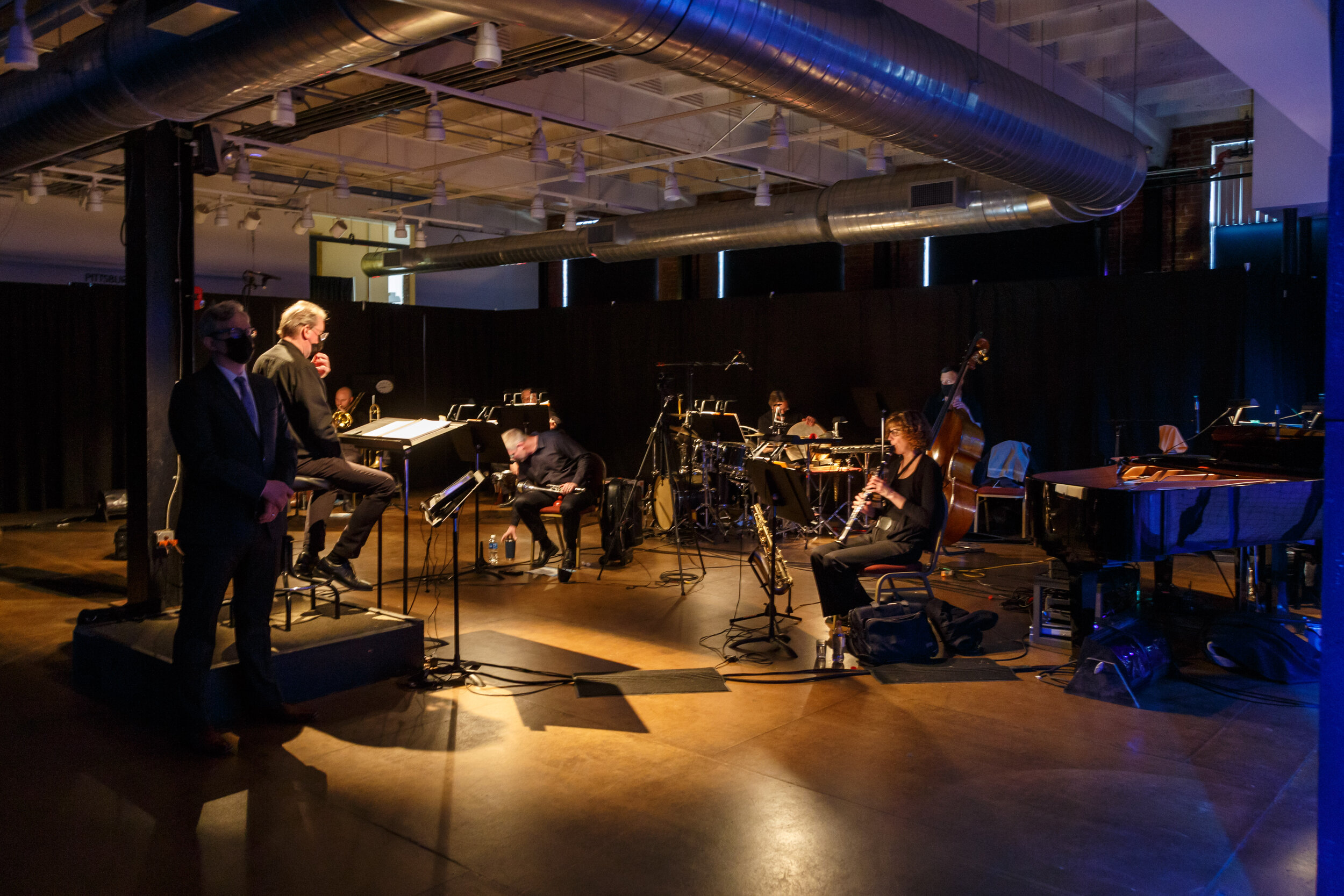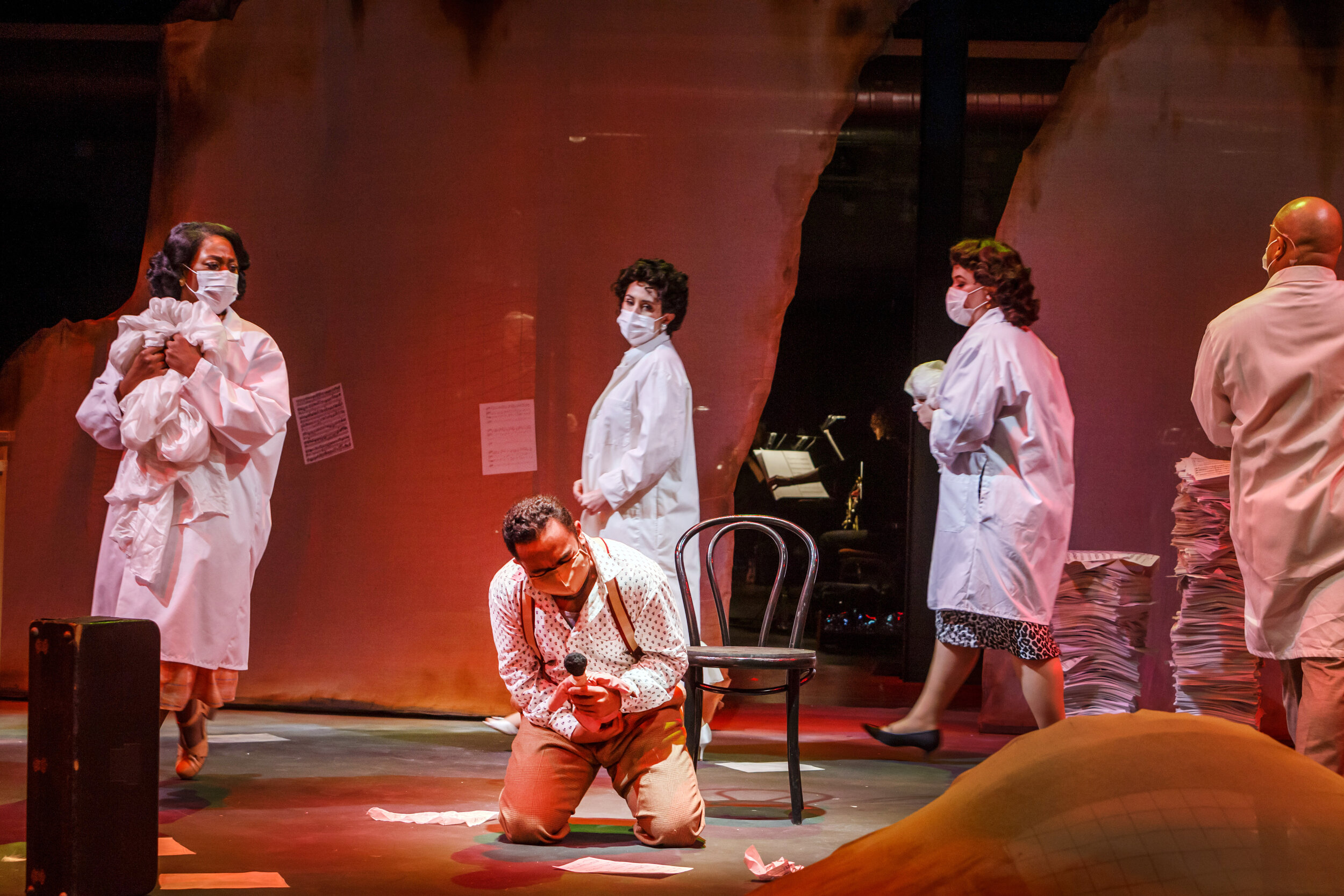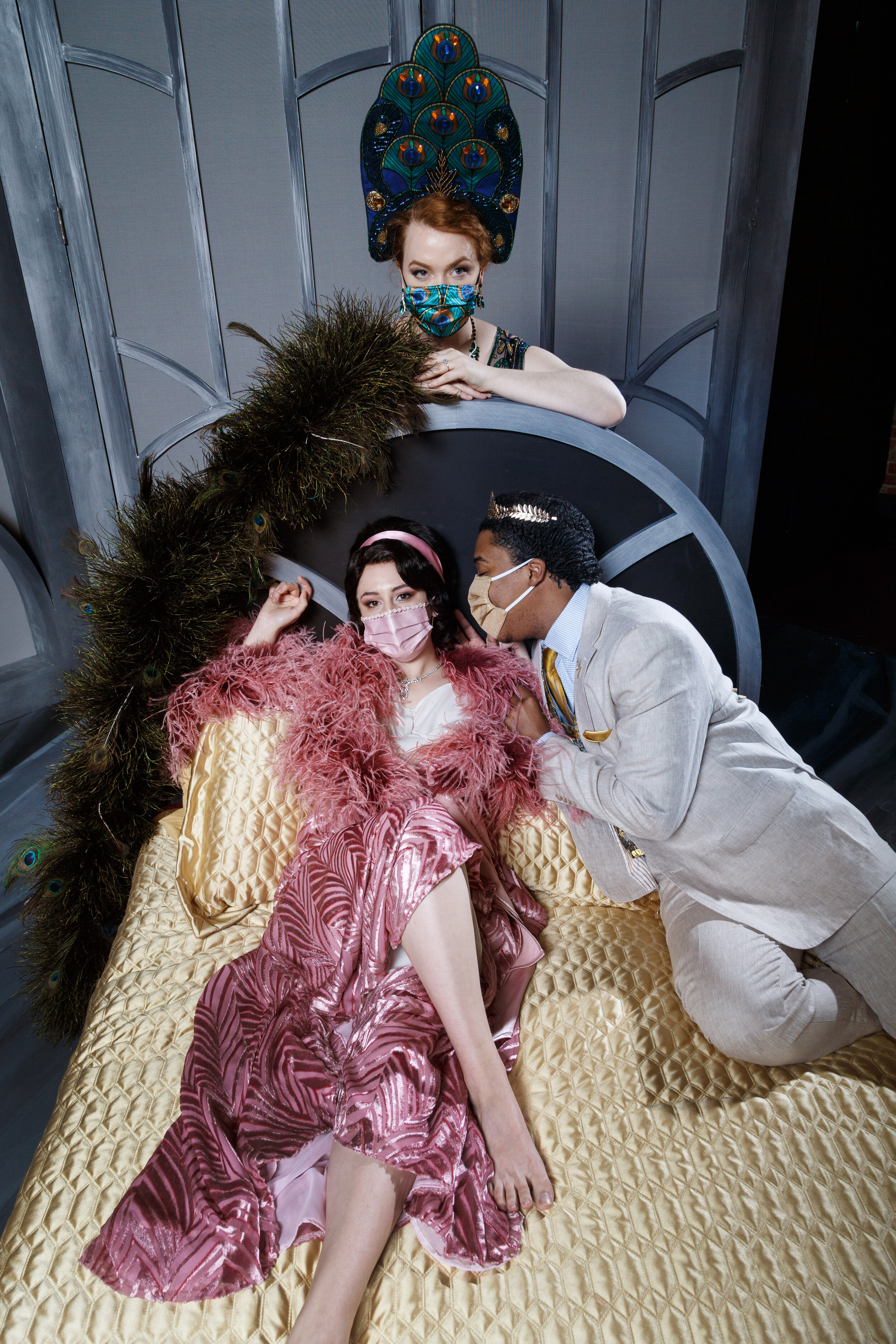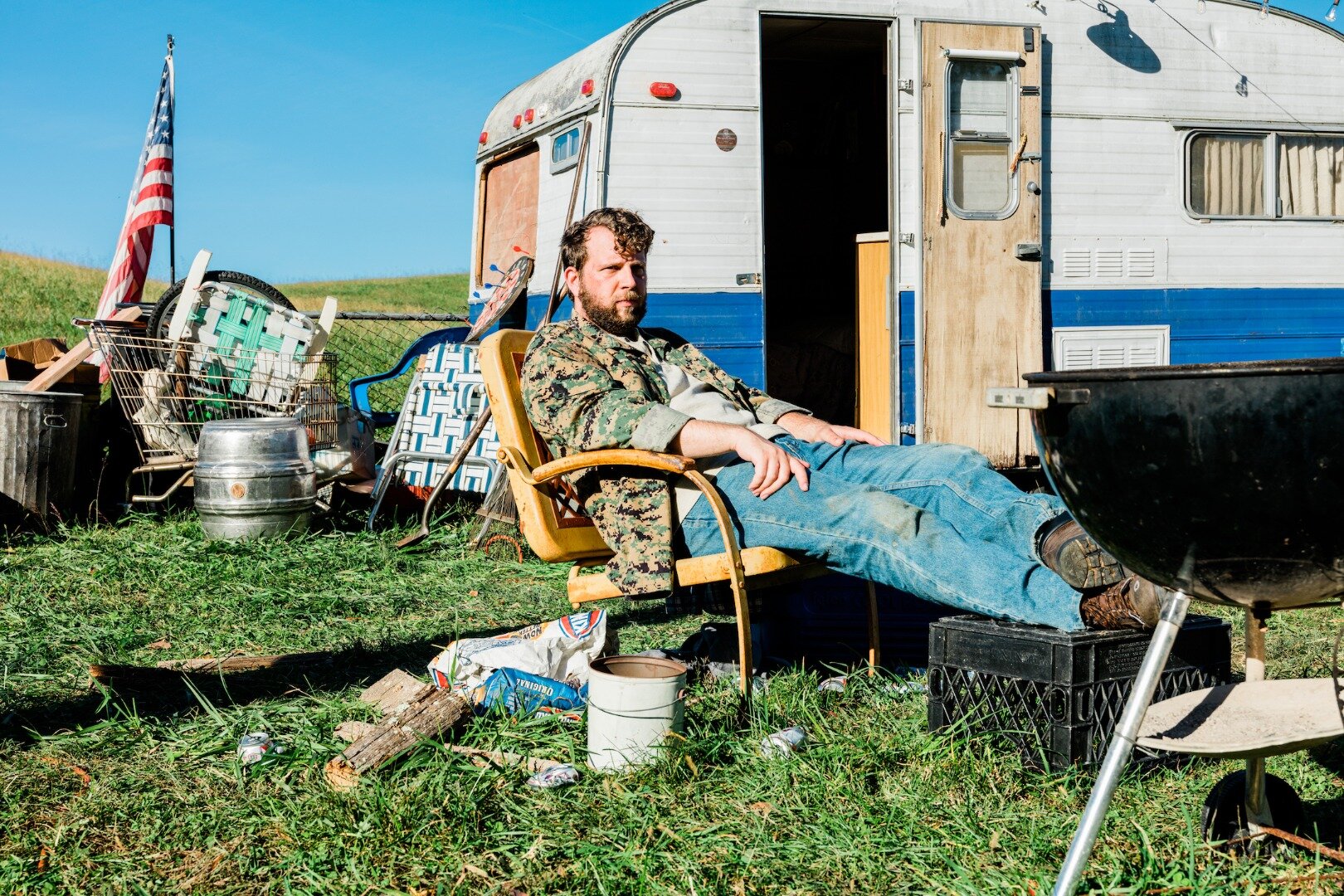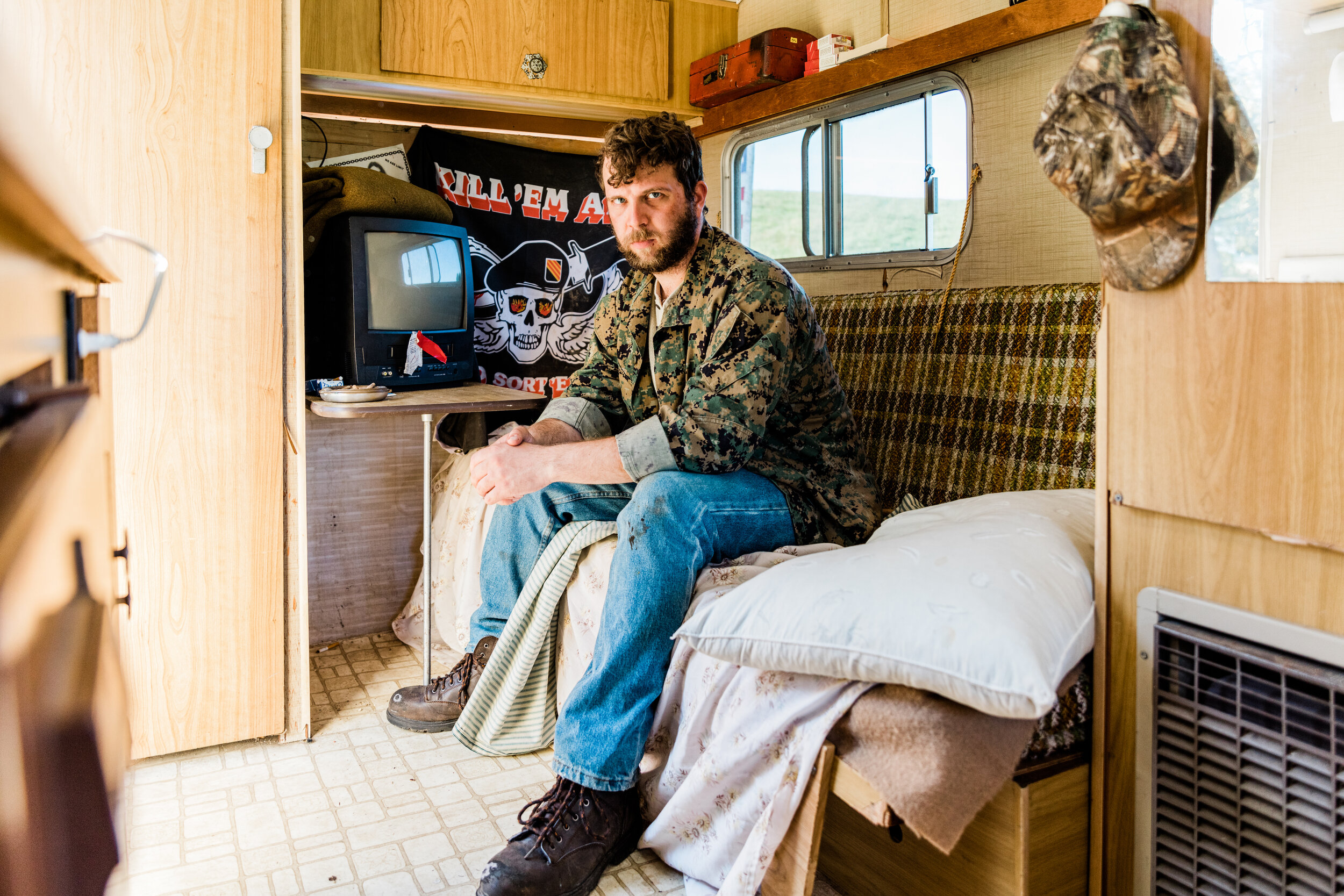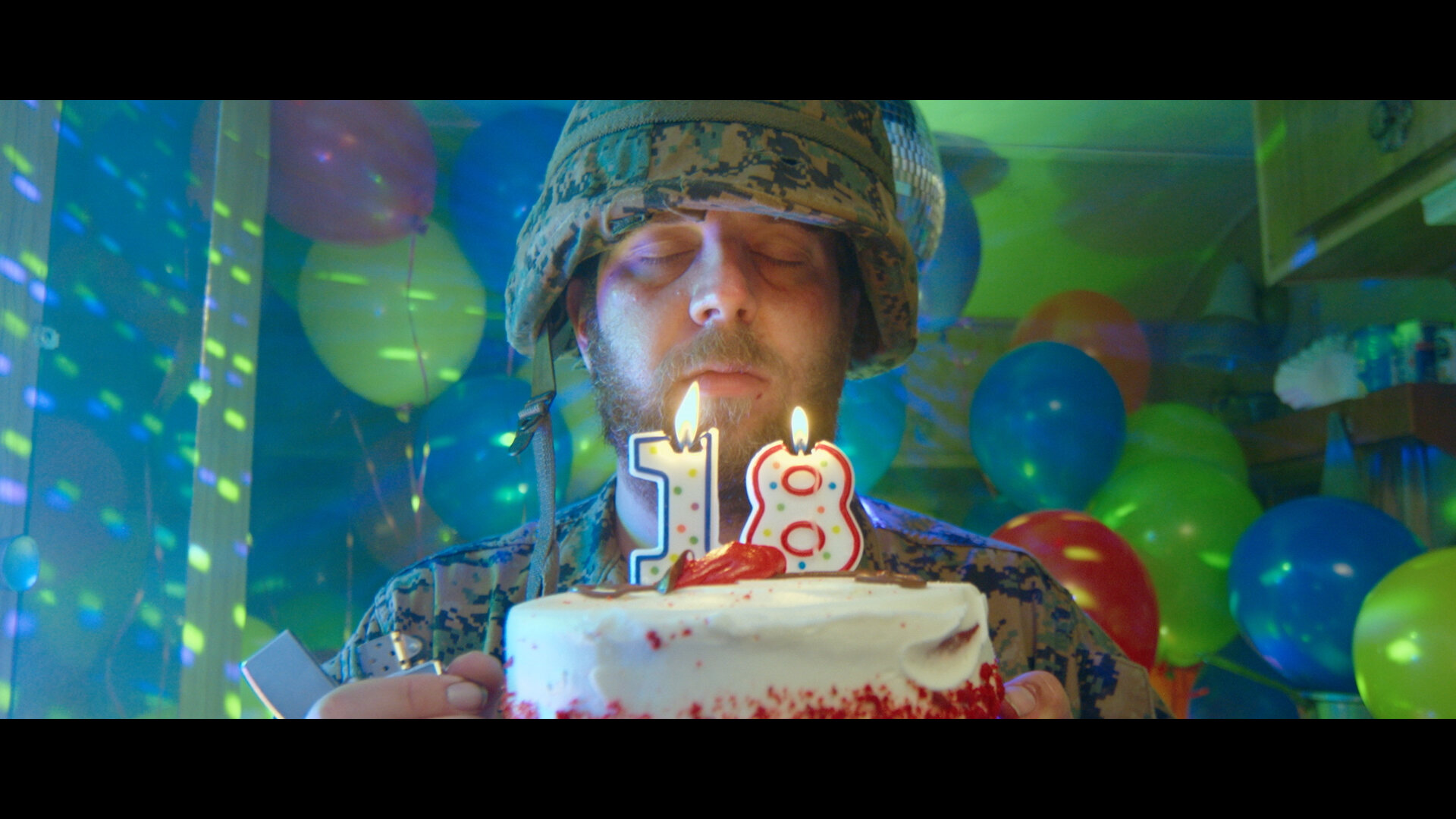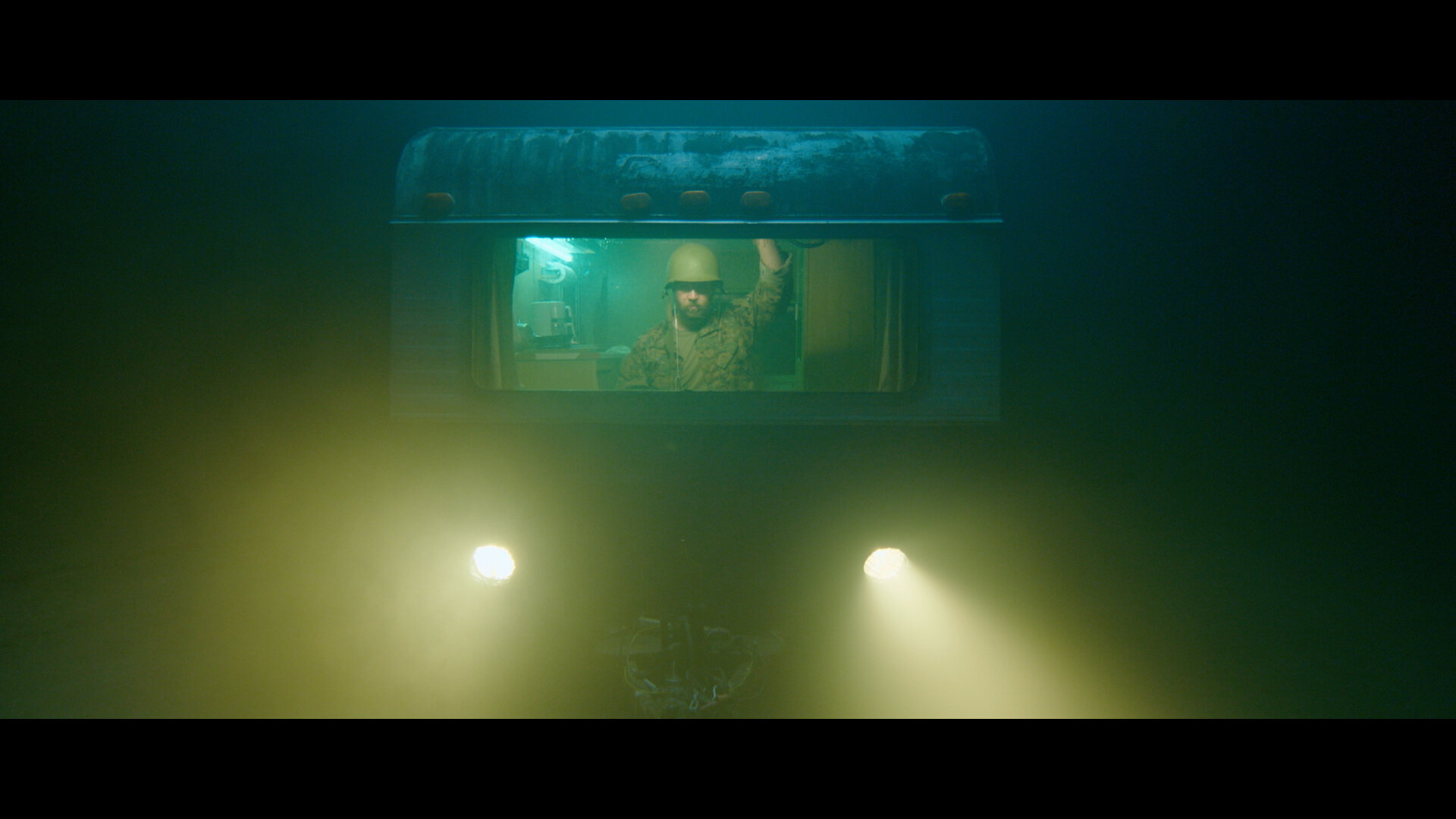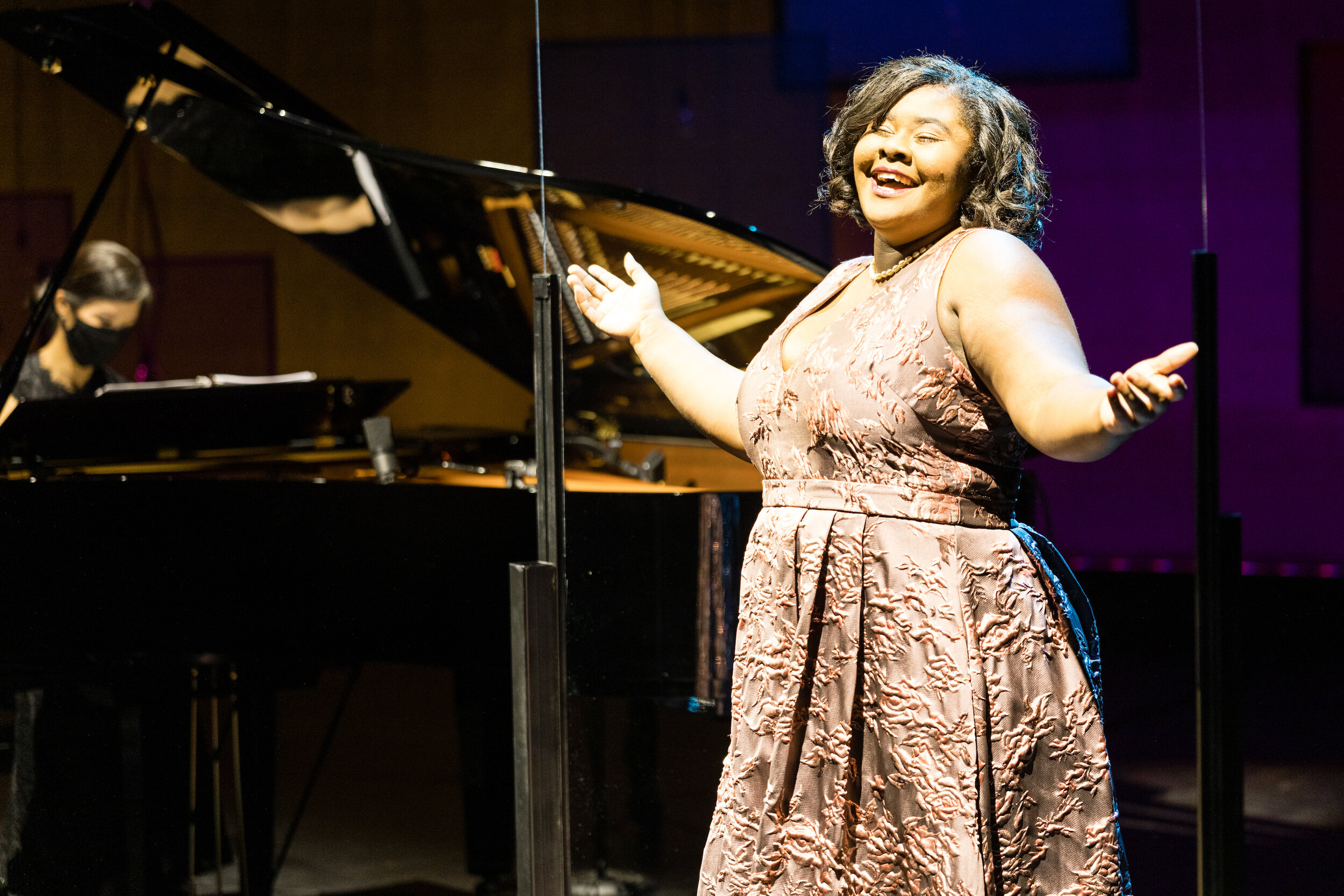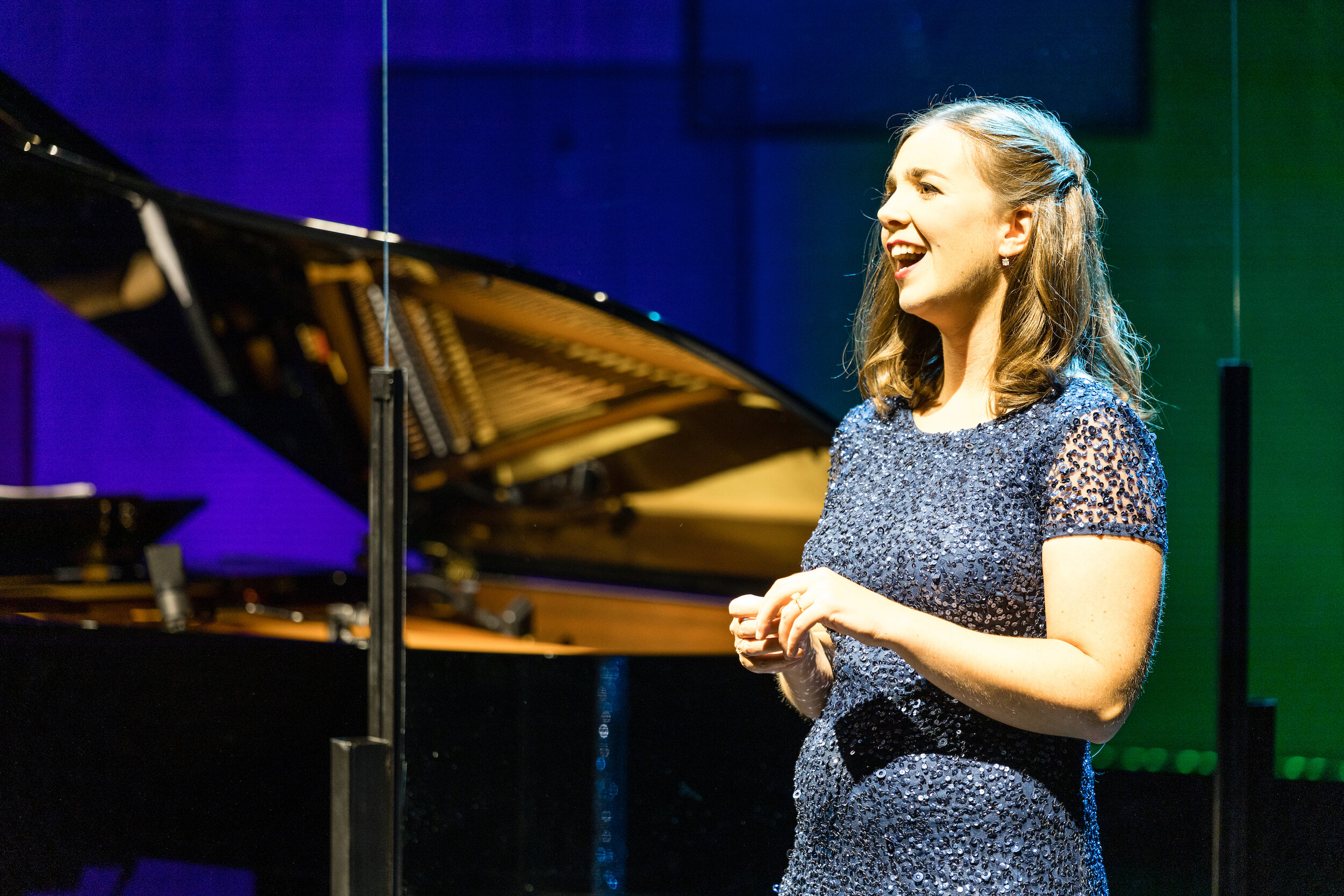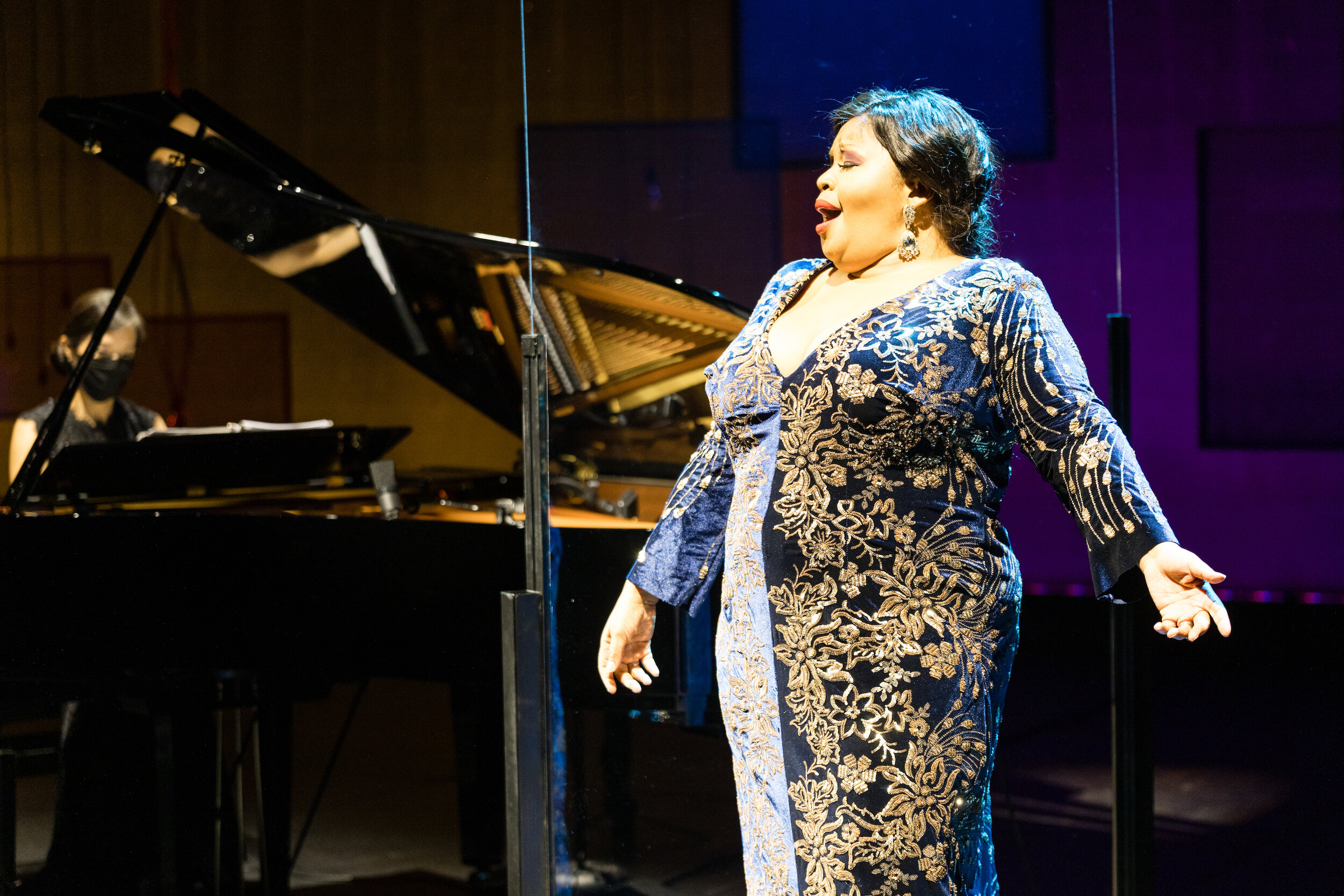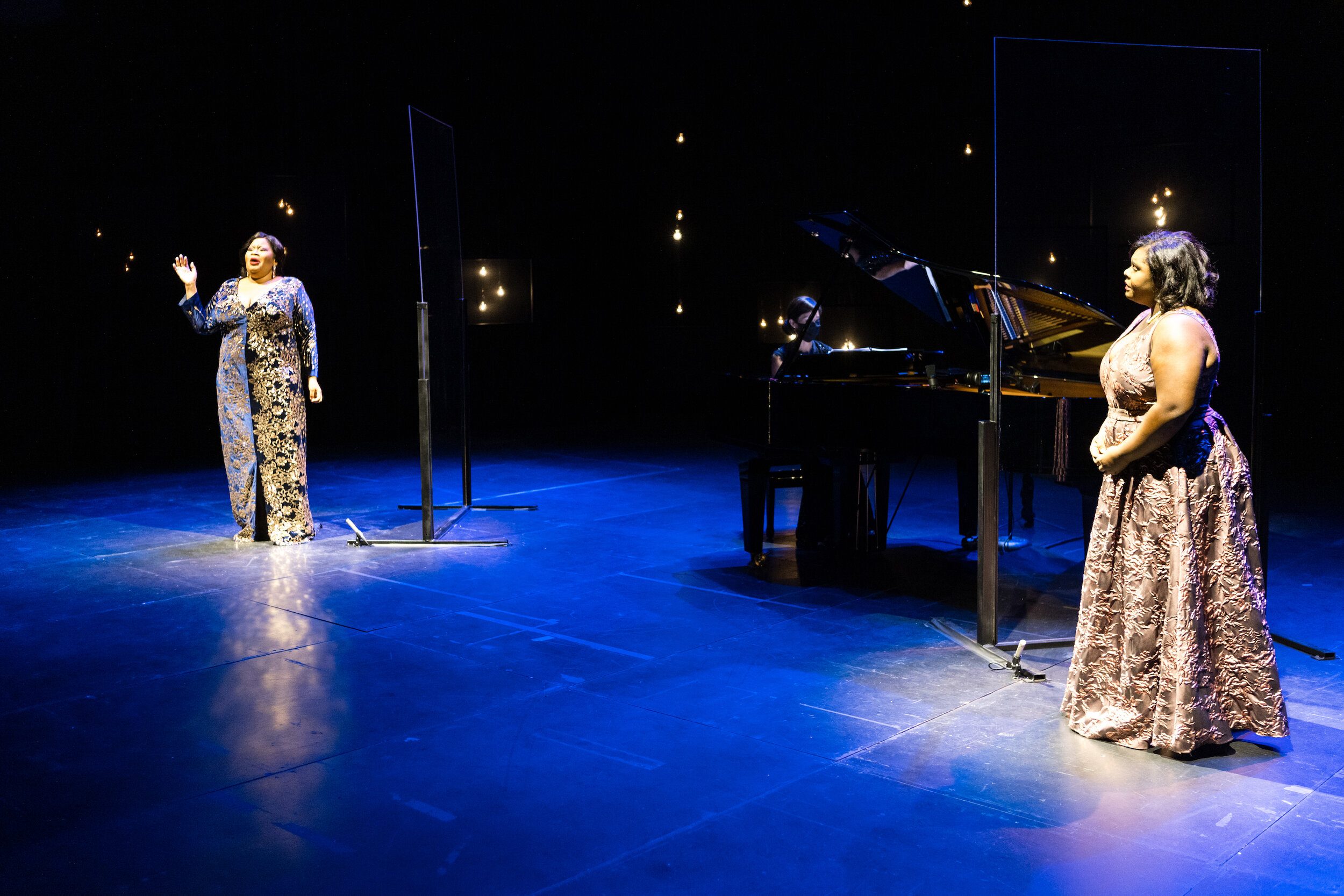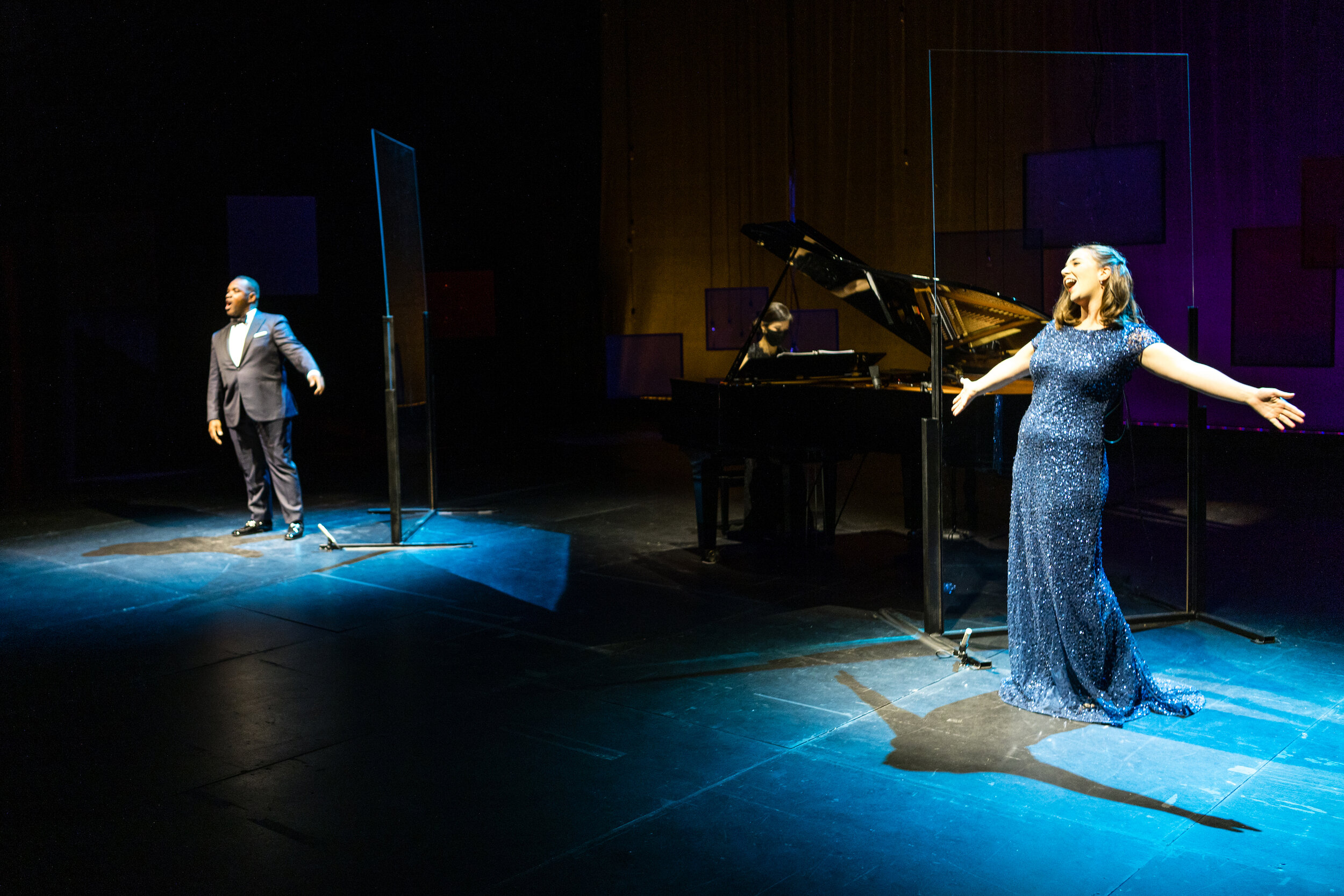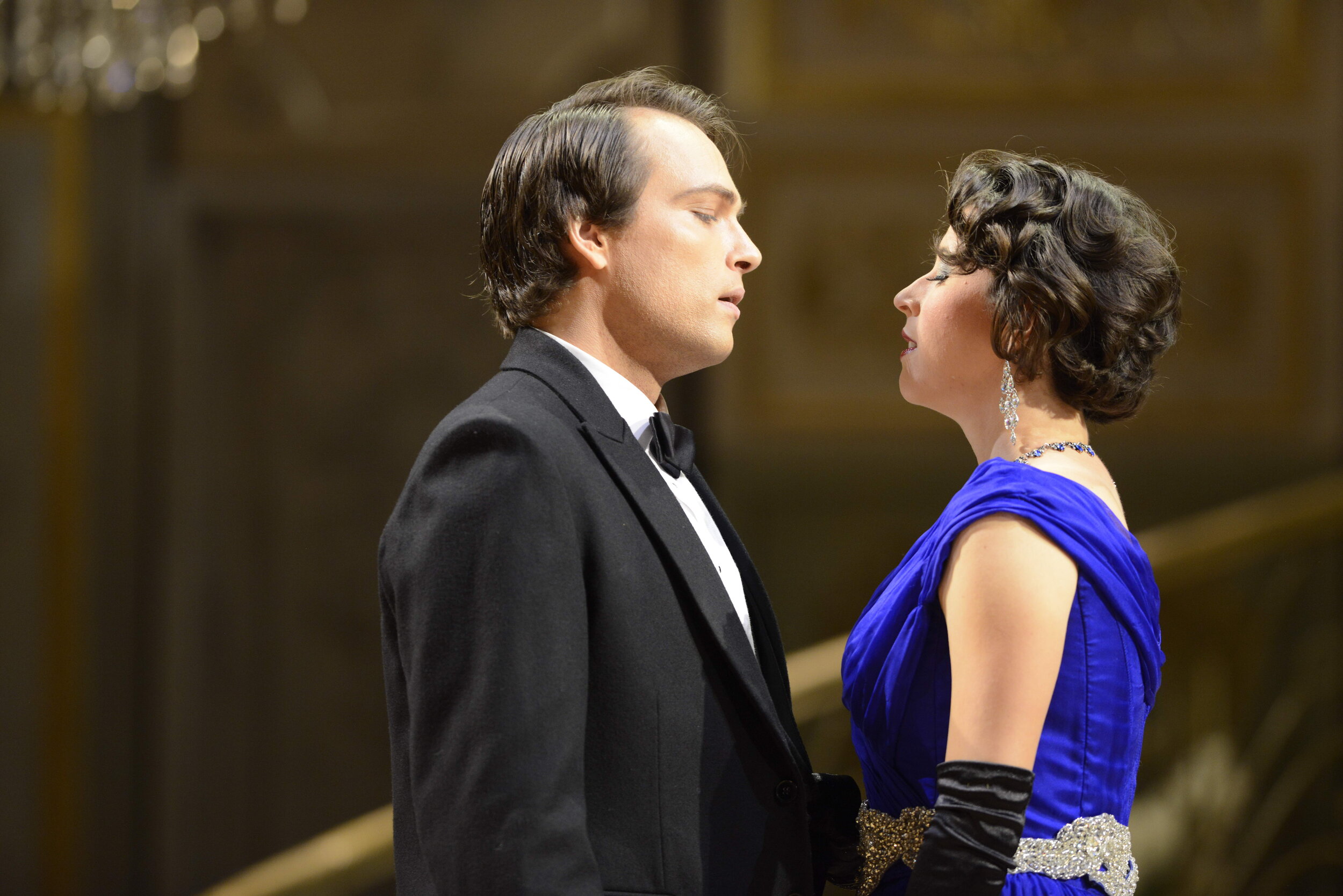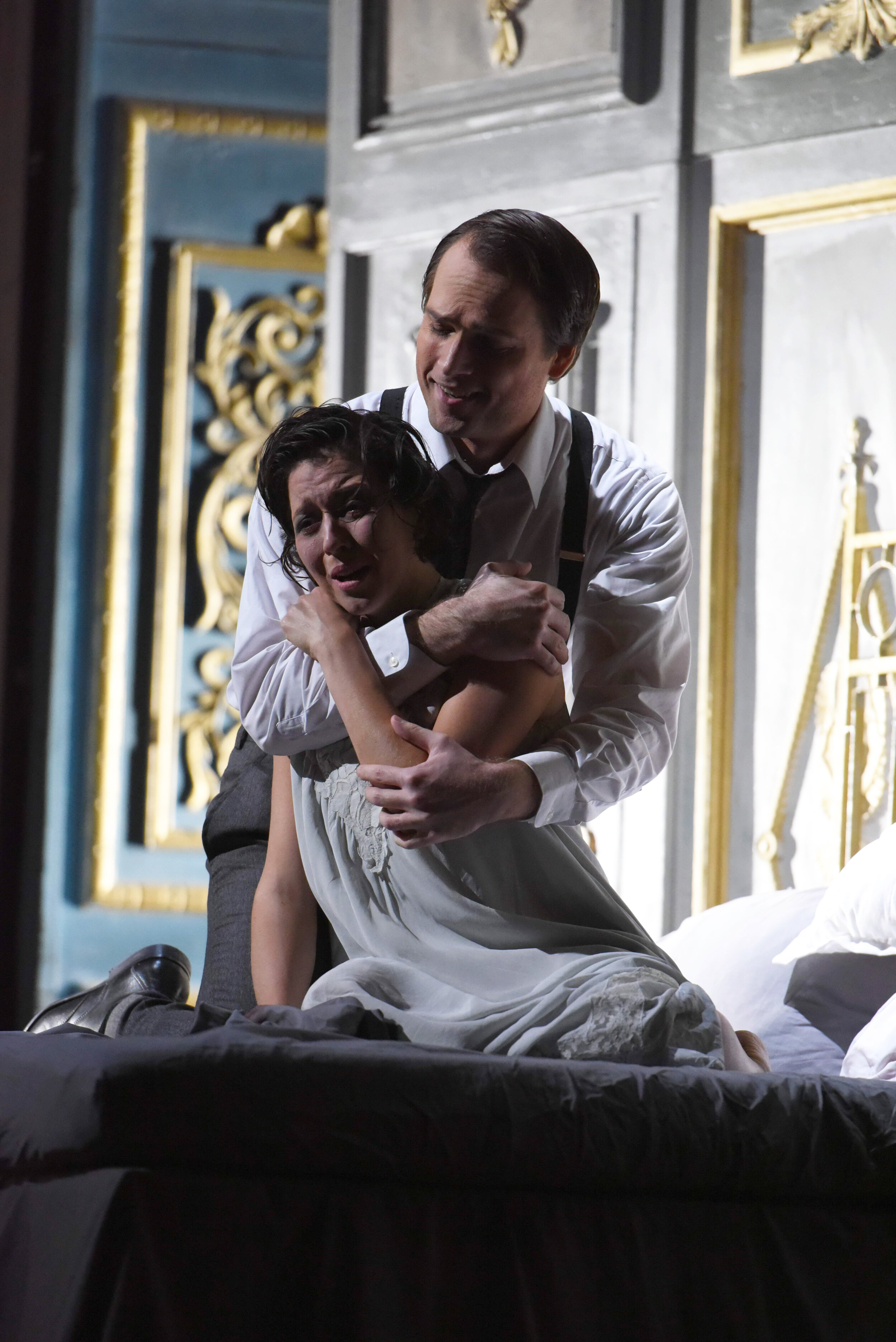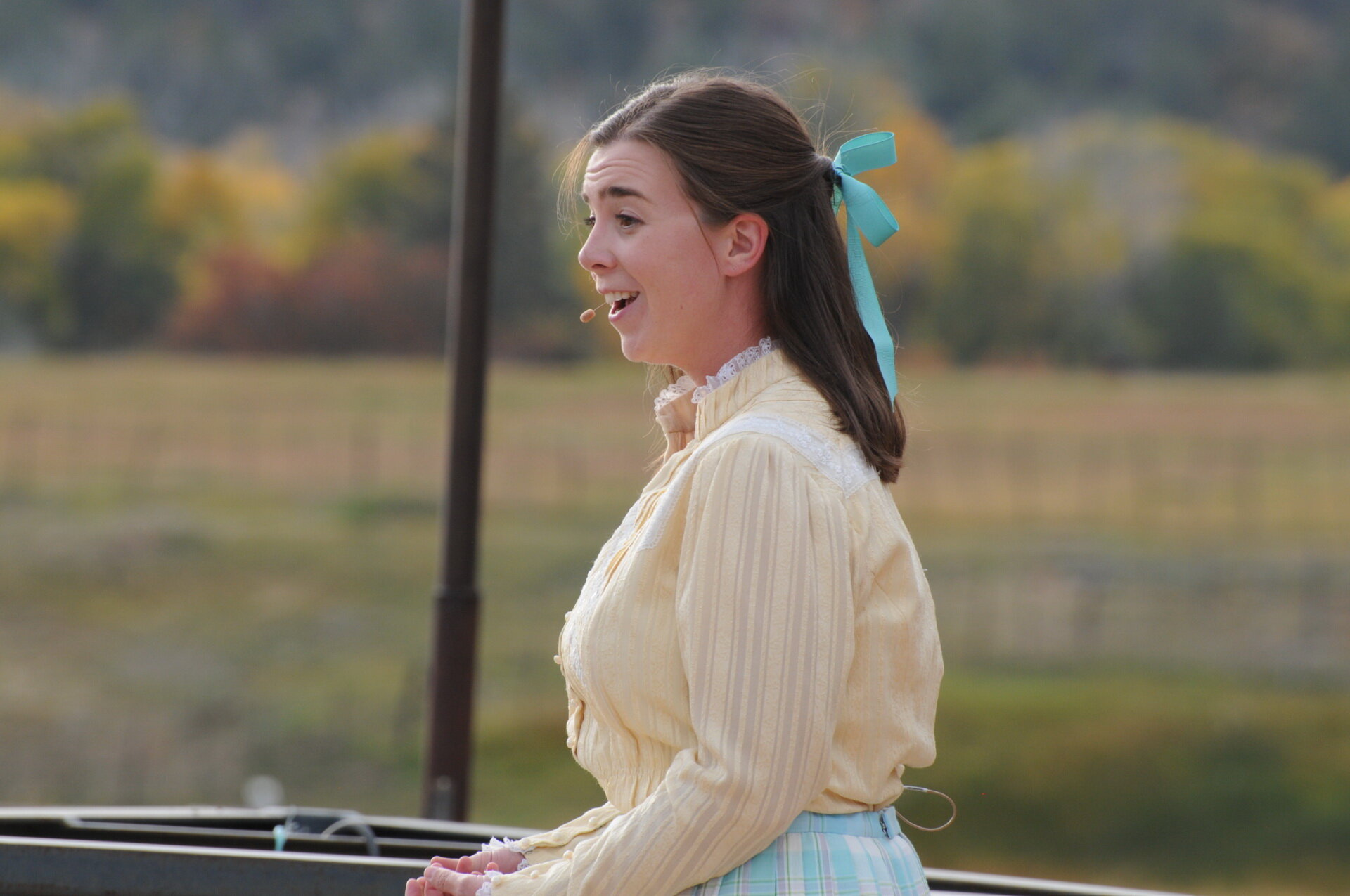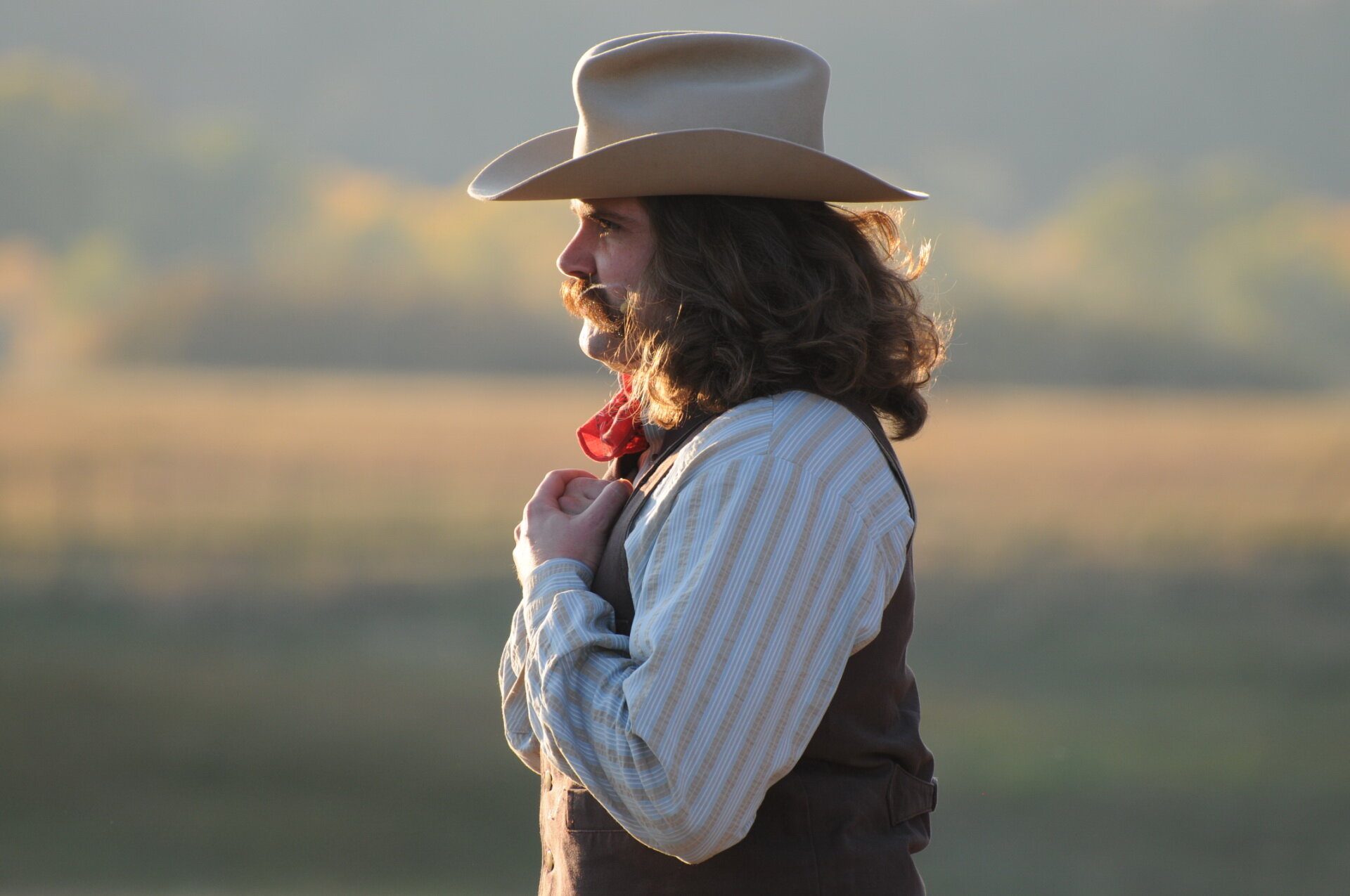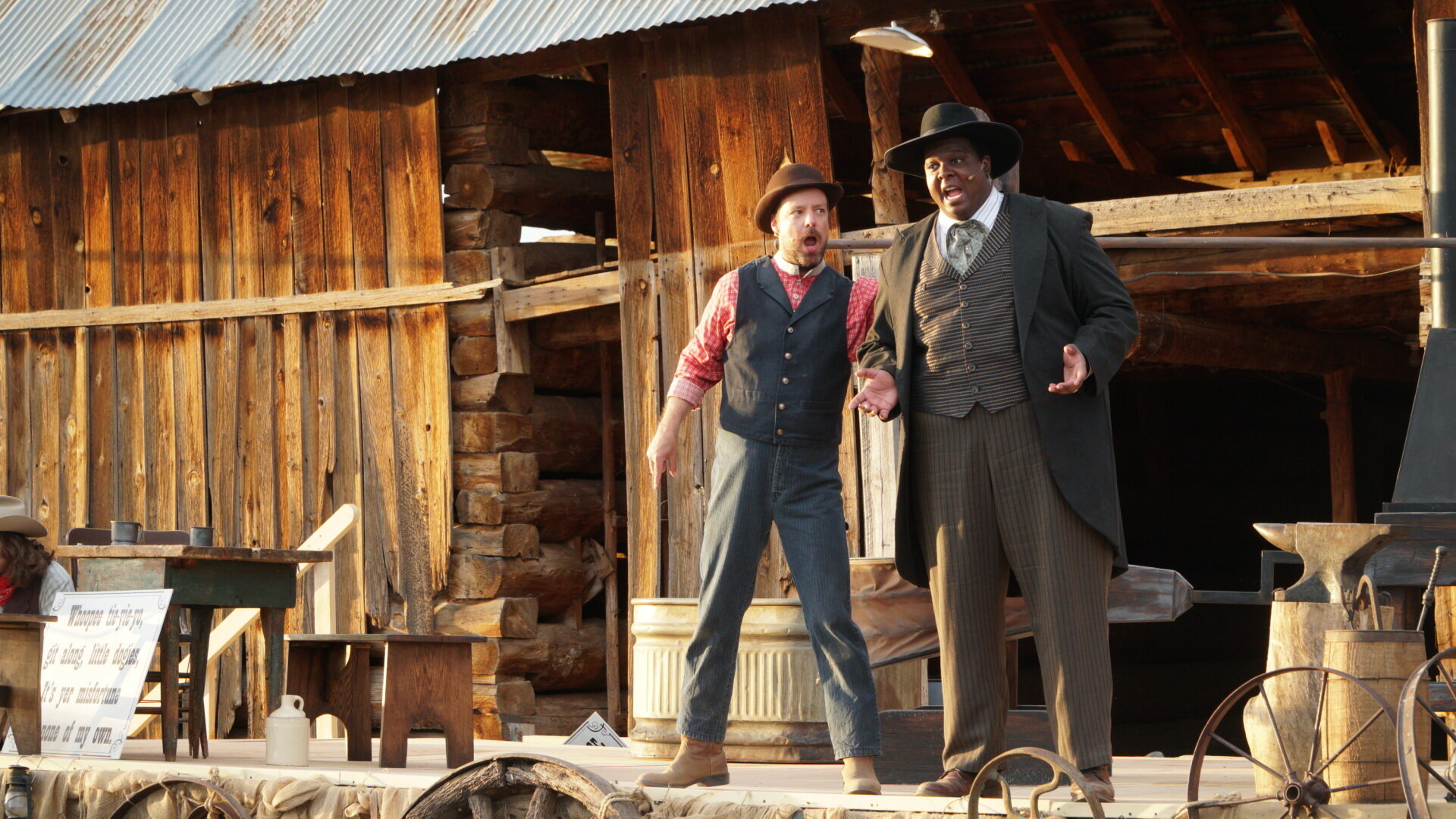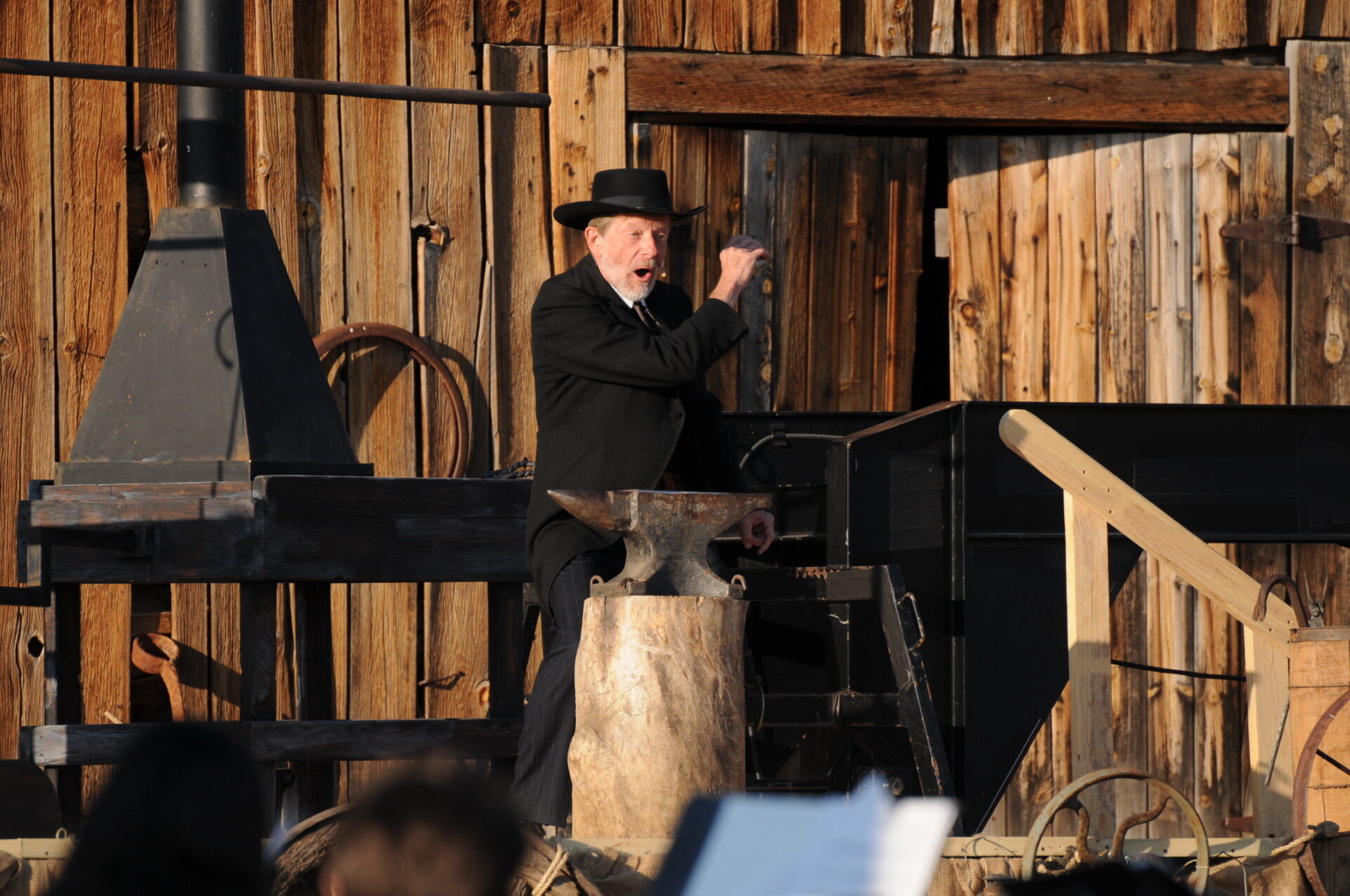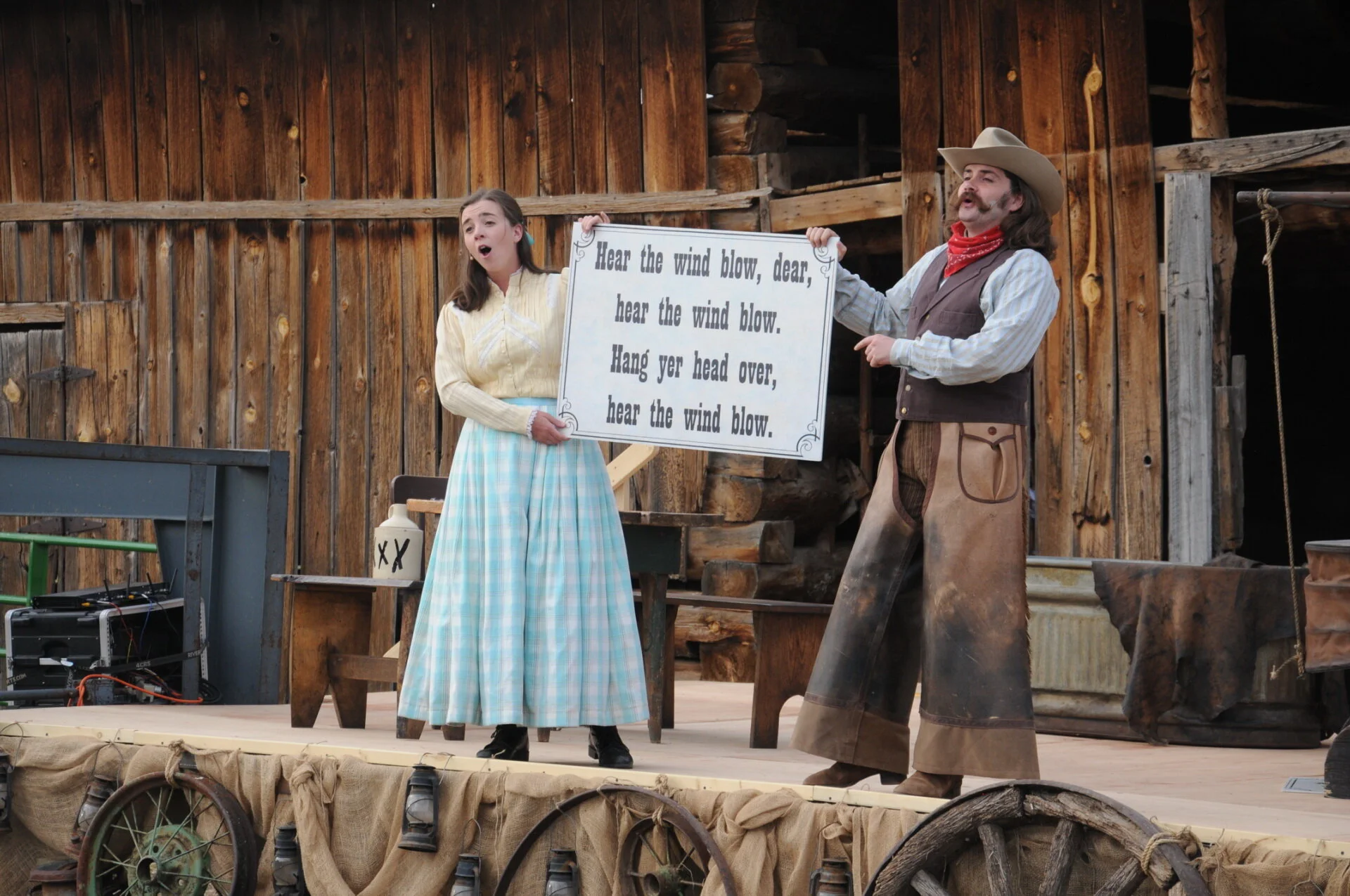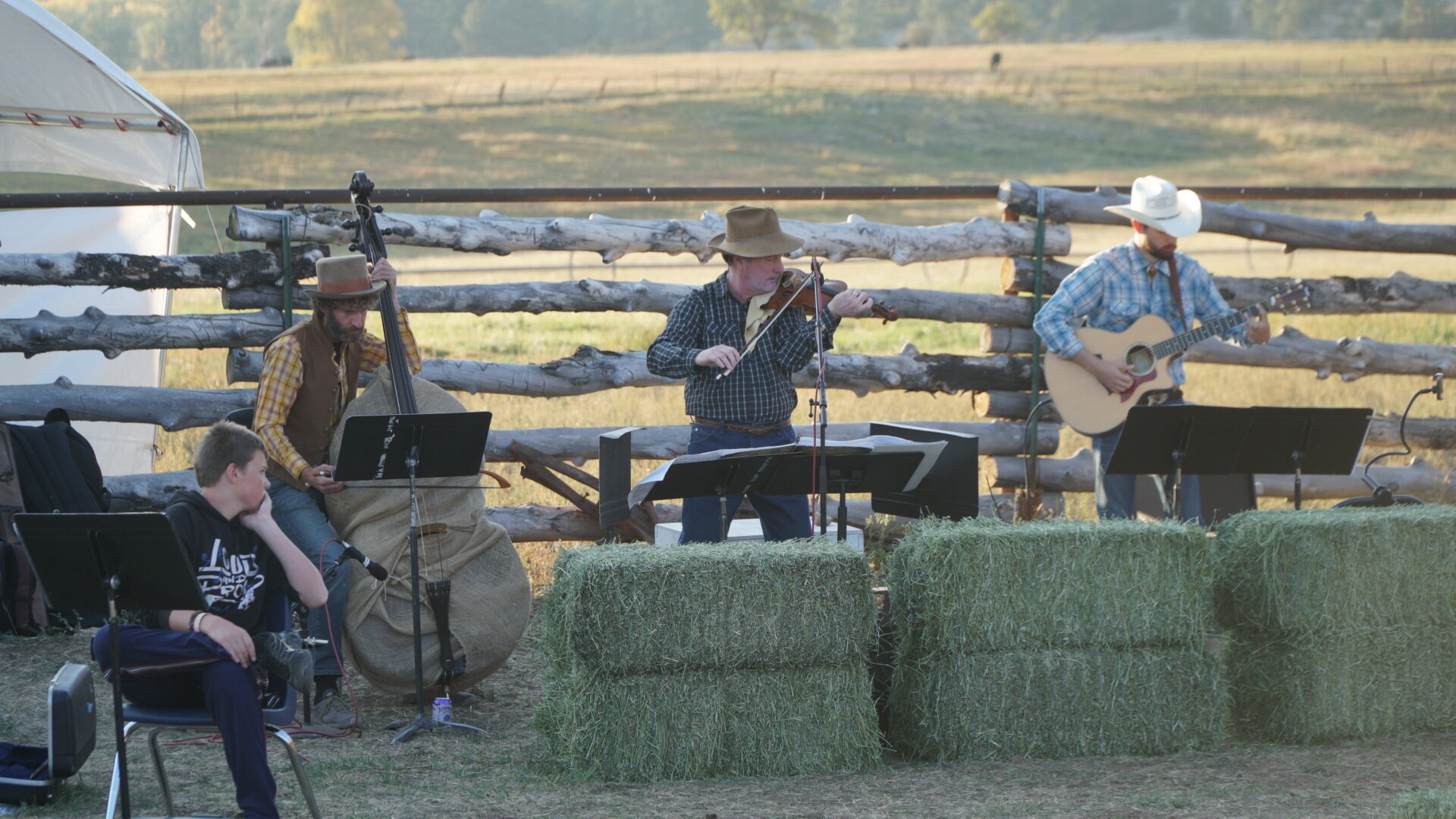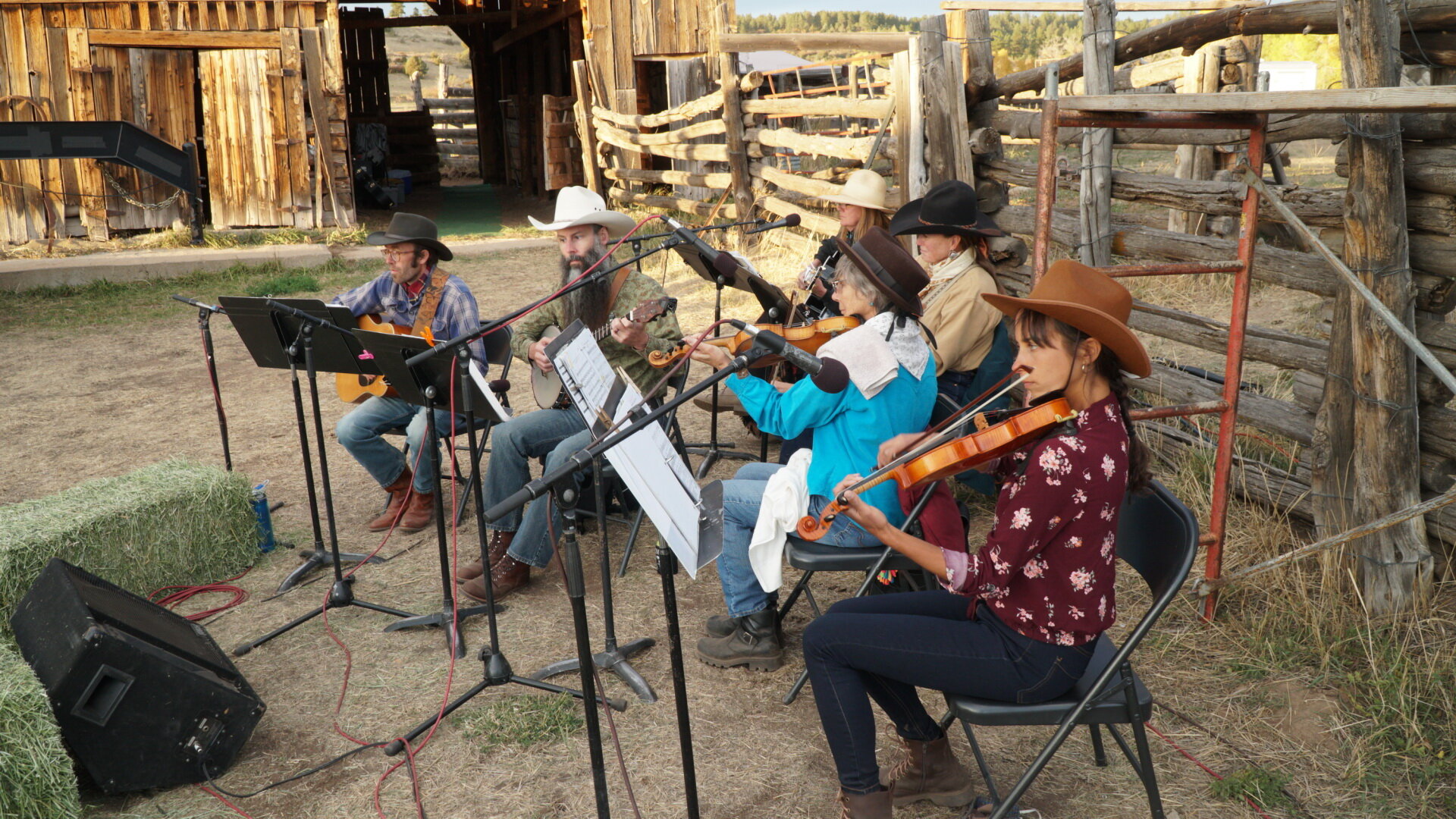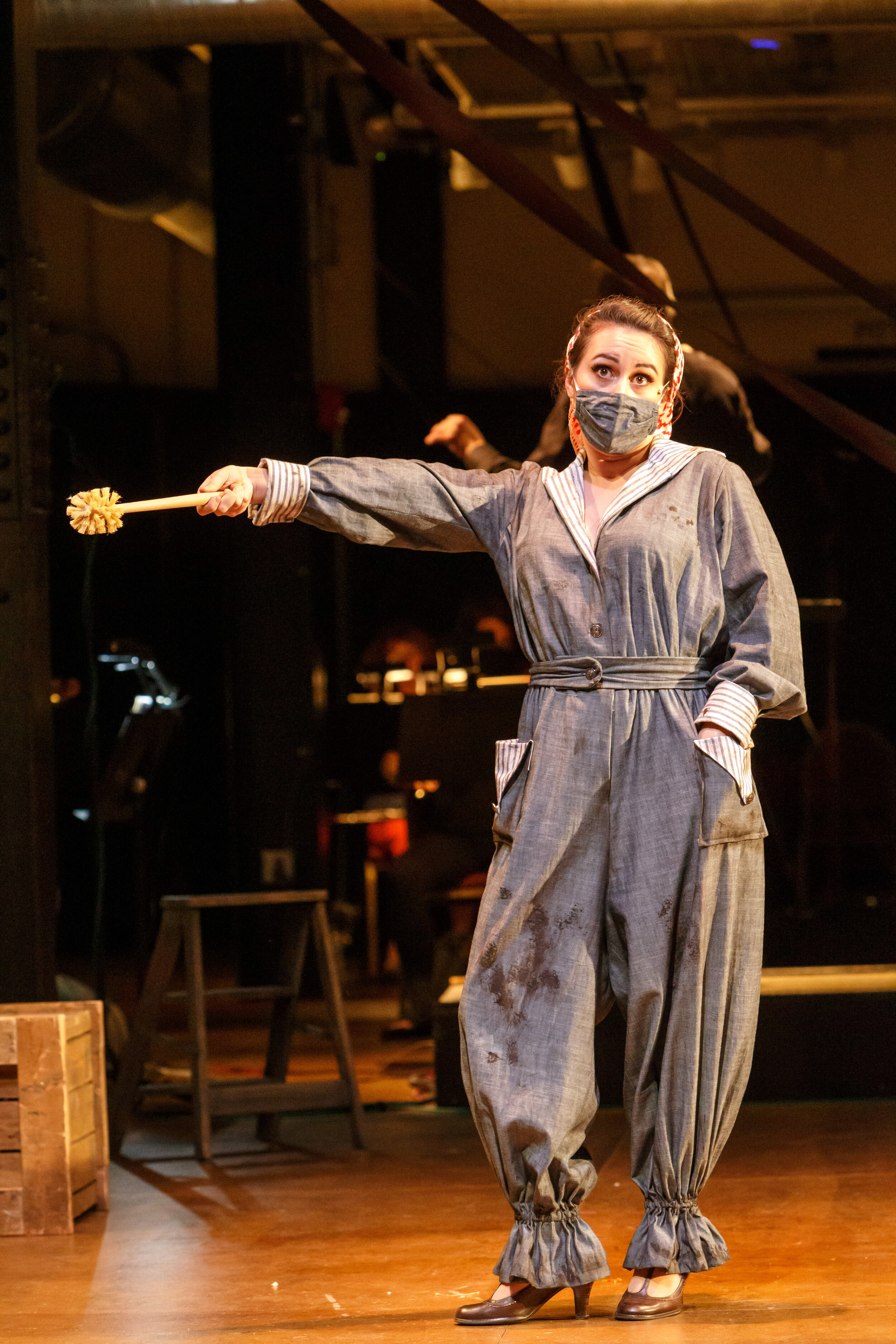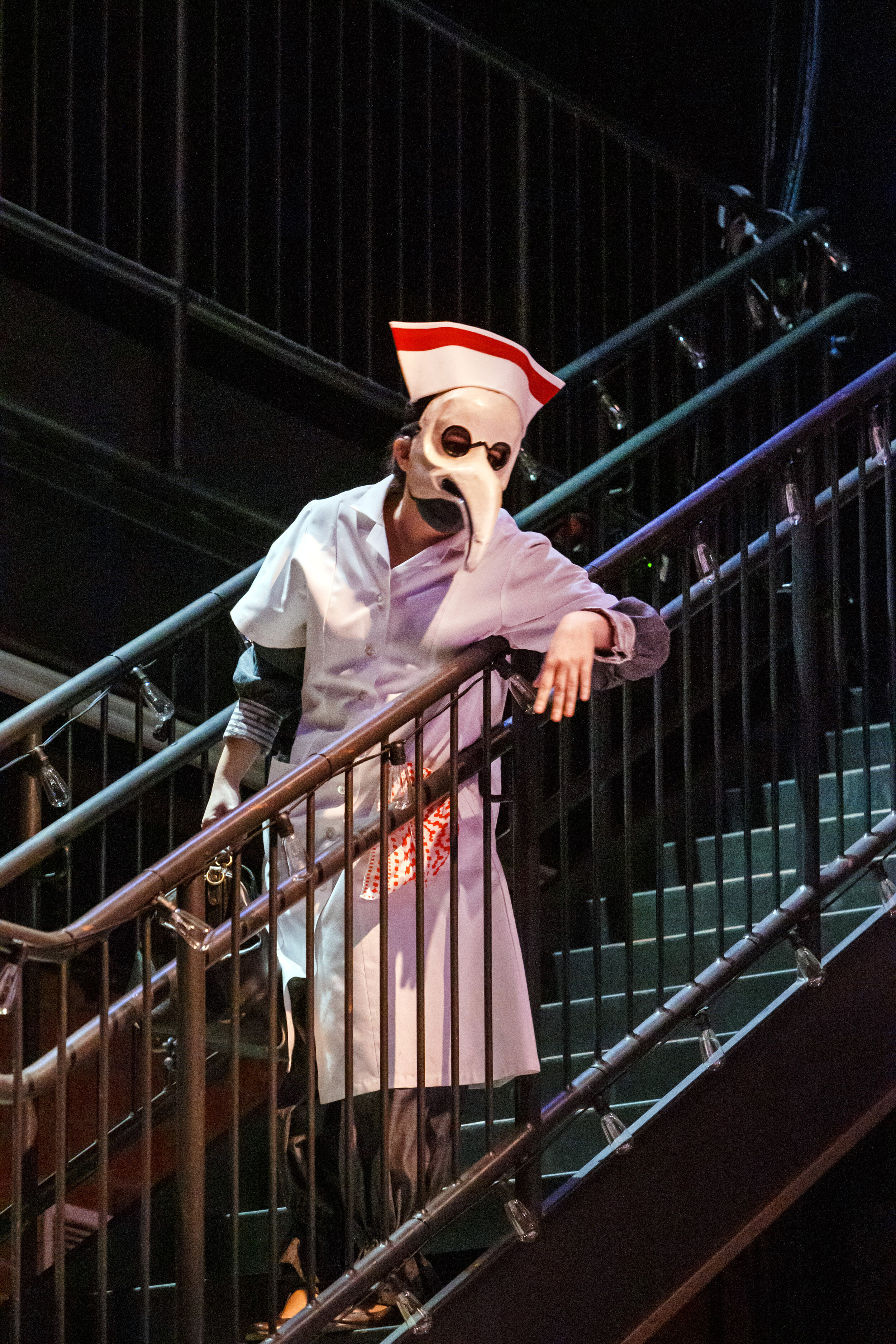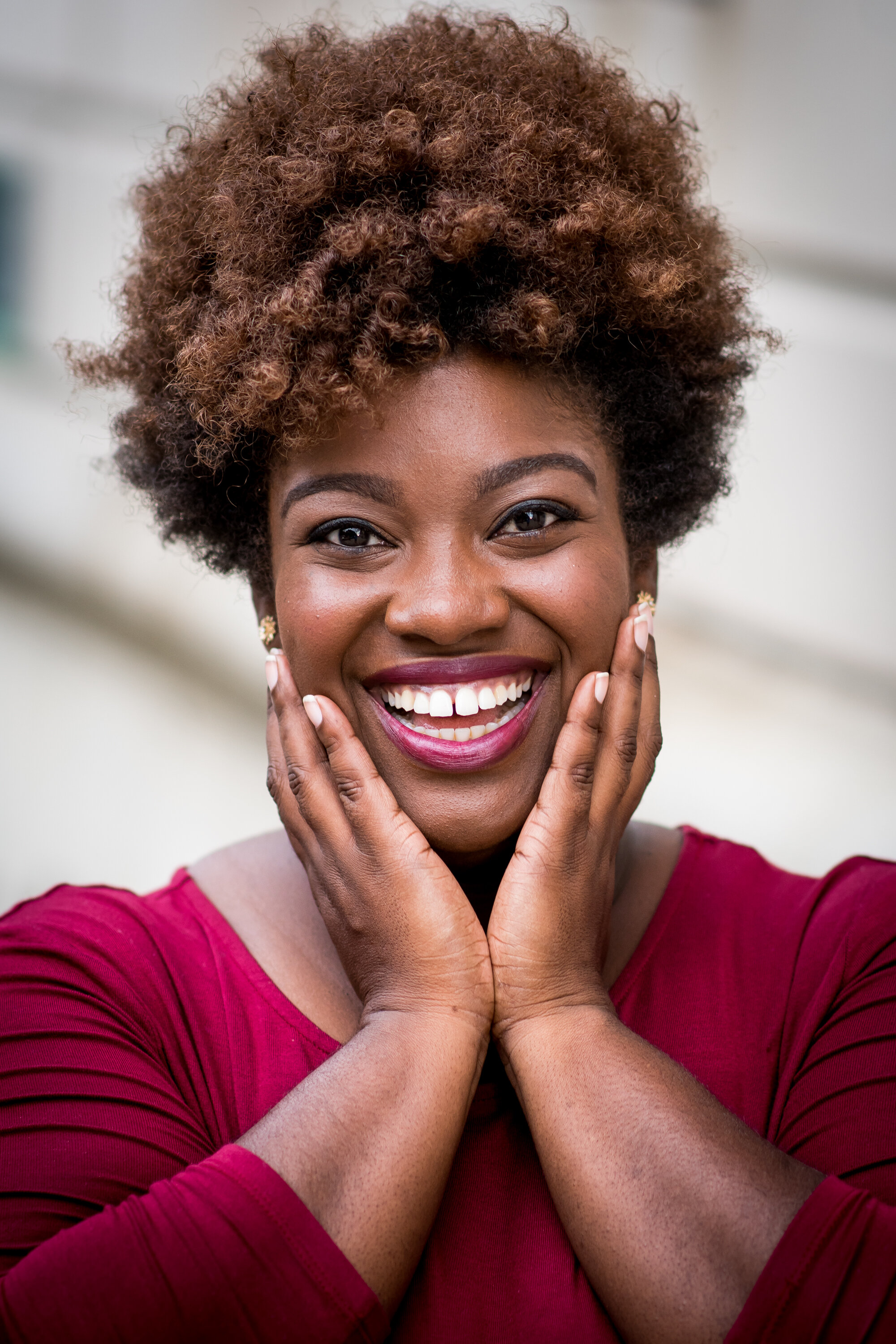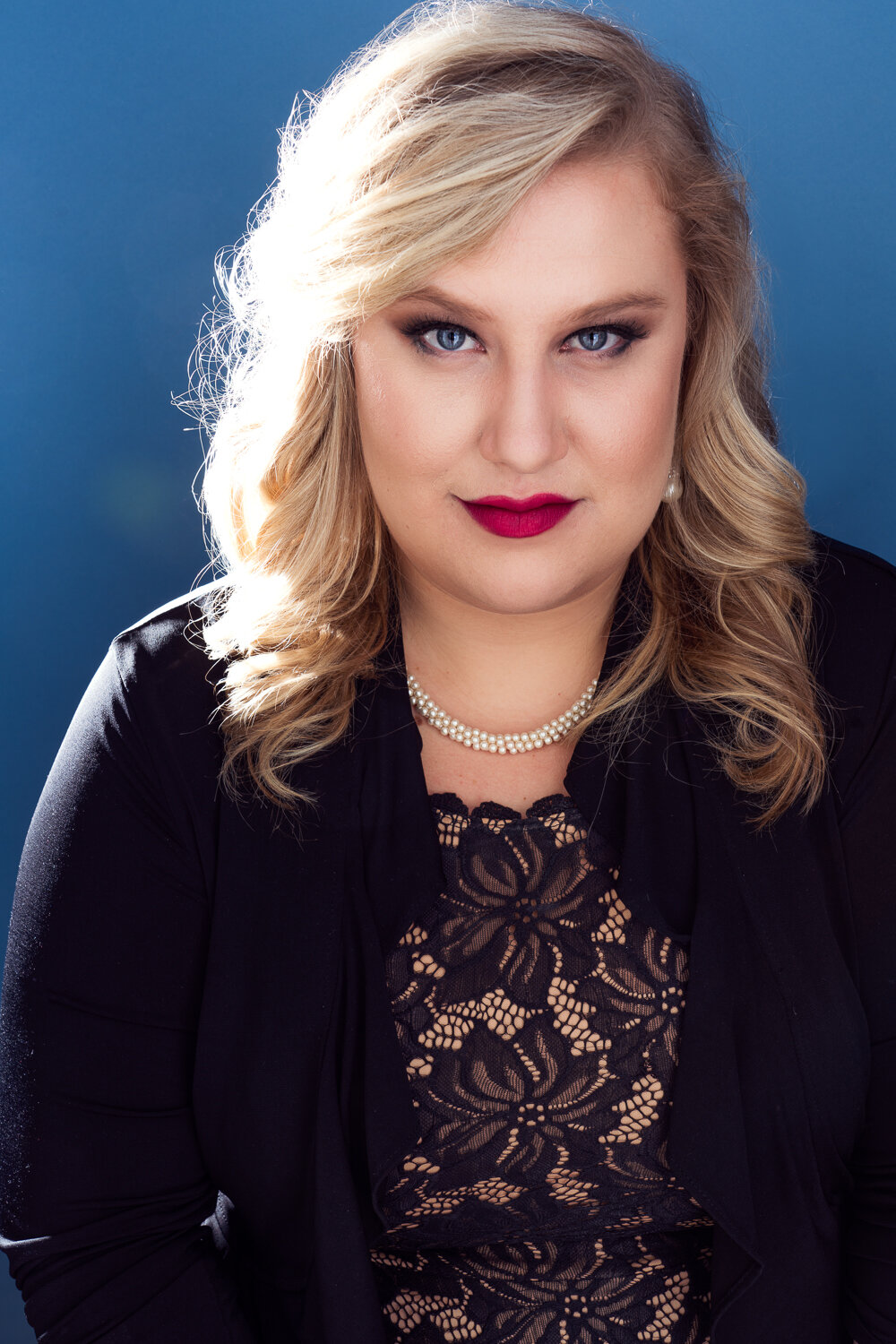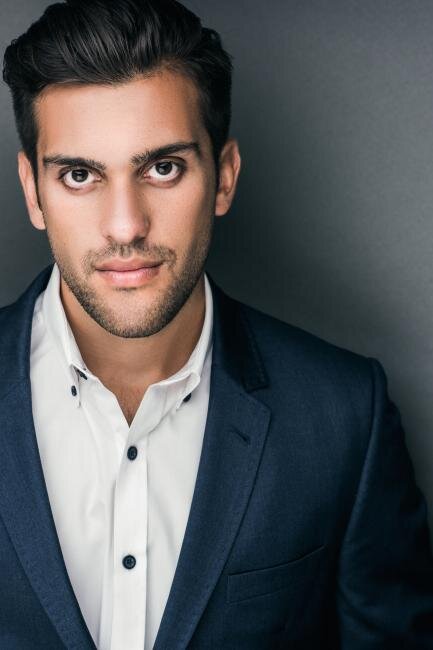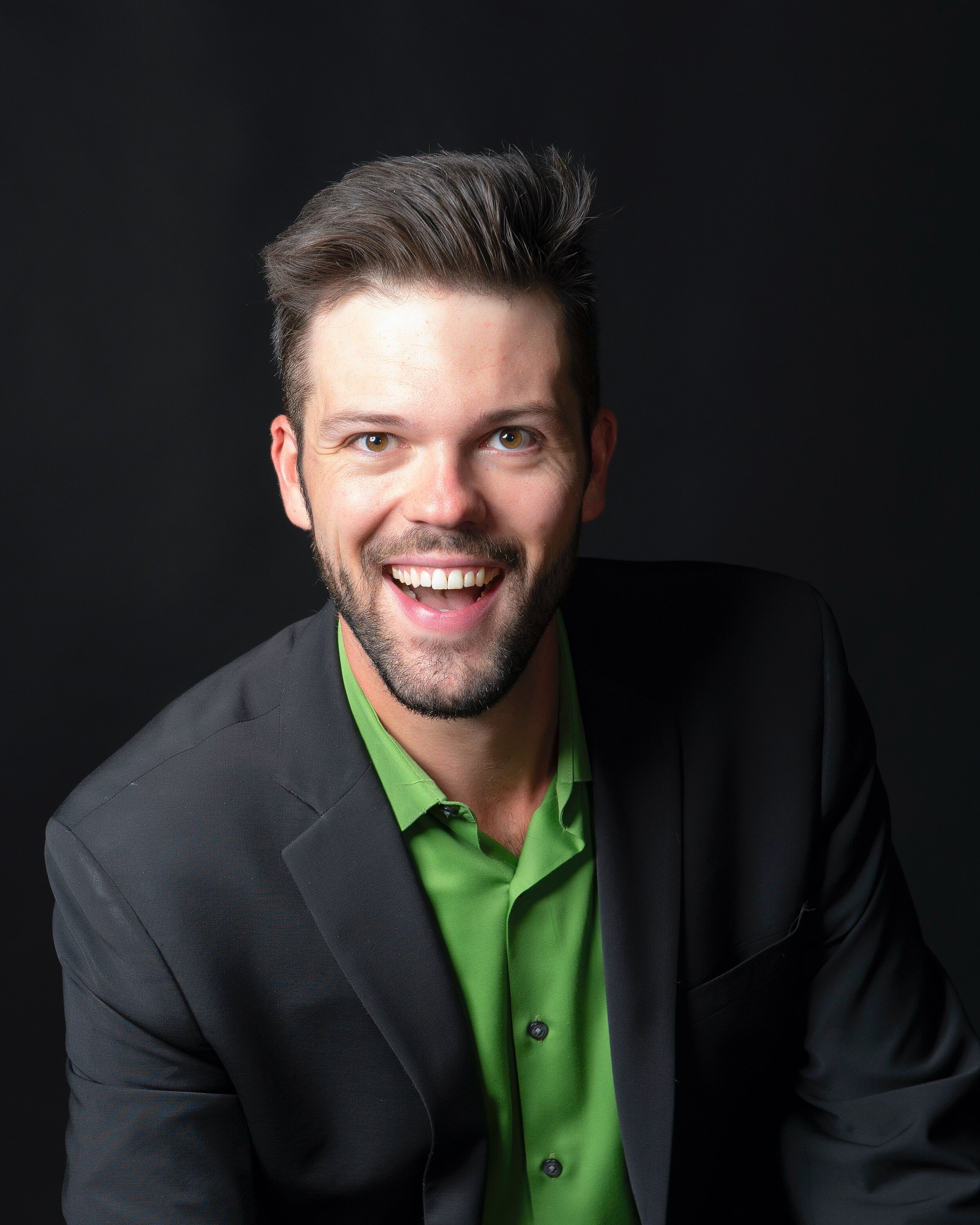In person opera is returning as opera houses across the mid-Atlantic re-open, beginning this Fall/Winter and intensifying next Spring. Below is an overview of the 2021-2022 season, enabling a quick look for planning purposes; be sure to check which COVID restrictions might be in place at the time and venue you wish to attend. This listing will be maintained and updated on OperaGene’s “Seasonal Lists” page (see link above); online/video productions are not listed. Perusing the list, I think you will see that there are more opportunities in the mid-Atlantic to enjoy live, staged opera this coming season than you might have imagined, and It has been a long wait: Enjoy!
Academy of Vocal Arts (Philadelphia) – https://avaopera.org
October 15 – Giargiari Bel Canto Competition
November 12 (Gala), 13, 14, 20, 30 – Celebration of Opera
January 22, 25, 27, 29 – Eugene Onegin
February 19, 22, 24, 26 – Mignon
March 19, 20 – Jubilate! A Concert of Sacred Music
April 30, May 3, 5, 7, 10, 14 – La Bohème
May 13 – Farewell Recital
Annapolis Opera - https://annapolisopera.org
August 28 - Sunder, a new works reading
November 5, 7 - Cinderella
January 27, 29 - La Bohème
February 13, Songs of Love
March 18, 19, 20 - Into the Woods
April 30 - Voices of Our Time
May 1 - Vocal Competition
May 15 - Hansel and Gretel
Baltimore Concert Opera – https://www.baltimoreconcertopera.com
October 14 - Thirsty Thursdays at the Opera
November 12, 14 - The Medium
February 18, 20 - The Barber of Seville (staged with orchestra)
March 24 – Thirsty Thursdays at the Opera
April 22, 24 - Adriana Lecouvreur
Bel Cantanti Opera (Maryland DC suburbs) – https://www.belcantanti.com
awaiting announcement
Charlottesville Opera – https://www.charlottesvilleopera.org
awaiting announcement
Curtis Opera Theatre (Philadelphia) – https://www.curtis.edu/performances/202122-season/curtis-opera-theatre/
November 4, 5, 6 – Mercy, a re-imagining of La clemenza di Tito
March 3, 4, 5, 6 – Cosi fan tutte
May 5, 7 – Dangerous Liaisons
TBA – The Medium/Triple-Sec
Maryland Lyric Opera (Maryland DC suburbs)– https://mdlo.org
awaiting announcement
Opera Delaware – https://www.operade.org
October 7, 8 - Don Pasquale in concert
December 5 - Sunday Spotlight Recital: Jennifer Zetlan and Aurelien Eulert
February 25, 27 - The Barber of Seville
January 9 - Sunday Spotlight Recital: Eric McKeever and Aurelien Eulert
May 20, 22 - The Marriage of Figaro
May 27 - Sunday Spotlight Recital: Robin Steitz and Nathaniel LaNasa
Opera in Williamsburg - https://www.operainwilliamsburg.org
September 10, 12 - L’elisir d’amore (The Elixir of Love)
May-June - La Bohème
Opera Lafayette (DC and NYC)– https://operalafayette.org
September 8 (cancelled), 9 (benefit performance) – The Blacksmith (Le Maréchal ferrant)/Dom Flemons
Opera on the James (Lynchburg, VA) - https://www.operaonthejames.org
November 12, 14 - The Barber of Seville
Opera Philadelphia - https://www.operaphila.org
August 26 - An Evening of Vocal Fireworks: Amici e Rivali
January 21, 23 - Oediipus Rex + Lilacs
April 29, May 1, 6, 8 - Rigoletto
Opera Roanoke - https://operaroanoke.org
November 5, 7 - Bluebeard’s Castle
April 24 - Cycles of My Being, Lawrence Brownlee
May 13, 15 - Verdi’s Requiem
Pittsburgh Festival Opera - https://pittsburghfestivalopera.org
September 14 - Legends in Limelight: Michael Chioldi, Baritone
October 19 - Legends in Limelight: Gregory Kunde, Tenor
November 16 - Legends in Limelight: Marjorie Owens, Soprano
December 8 - Holiday spectacular
Pittsburgh Opera - https://www.pittsburghopera.org
November 6, 9, 12, 14 - The Magic Flute
January 22, 23, 25, 30 - The Rose Elf
February 19, 22, 25, 27, March 1, 3 - In Grove
March 26, 29, April 1, 3 - Carmen
April 23, 26, 28, 29, May 1 - Blue
Urban Arias (DC) – https://www.urbanarias.org
awaiting announcement
Victory Hall Opera (Charlottesville, VA) – https://www.victoryhallopera.org
October 8 – No Daughter of Mine
January, TBA – Fat Pig
Virginia Opera - (Norfolk, Richmond, Fairfax https://vaopera.org
September 12, 19 - Das Rheingold
November 5, 6, 7, 13, 14 19, 21 - La Bohème: Rodolfo Remembers
January 28, 29, 30, 5, 6, 11,13 - Three Decembers
March 25, 26, 27, April 1, 3, 9, 10 - The Marriage of Figaro
Washington Concert Opera - https://concertopera.org
November 21 - Maometto II
April 24 - Orphée
May 22 - Lakmé
Washington National Opera - https://www.kennedy-center.org/wno/home/
November 6, 8, 10, 14 - Come Home: a Celebration of Return
March 5, 9, 13, 19, 21, 25 - Written in Stone
March 12, 14, 18, 20, 23, 26 - Cosi fan tutte
May 14, 15, 16, 20, 22, 25, 27, 28 - Carmen
Washington Opera Society (DC) – http://www.washingtonoperasociety.org
September 17 – Tales of Hoffman - postponed
Wolf Trap Opera (Vienna, VA) - https://www.wolftrap.org/opera.aspx
awaiting announcement





